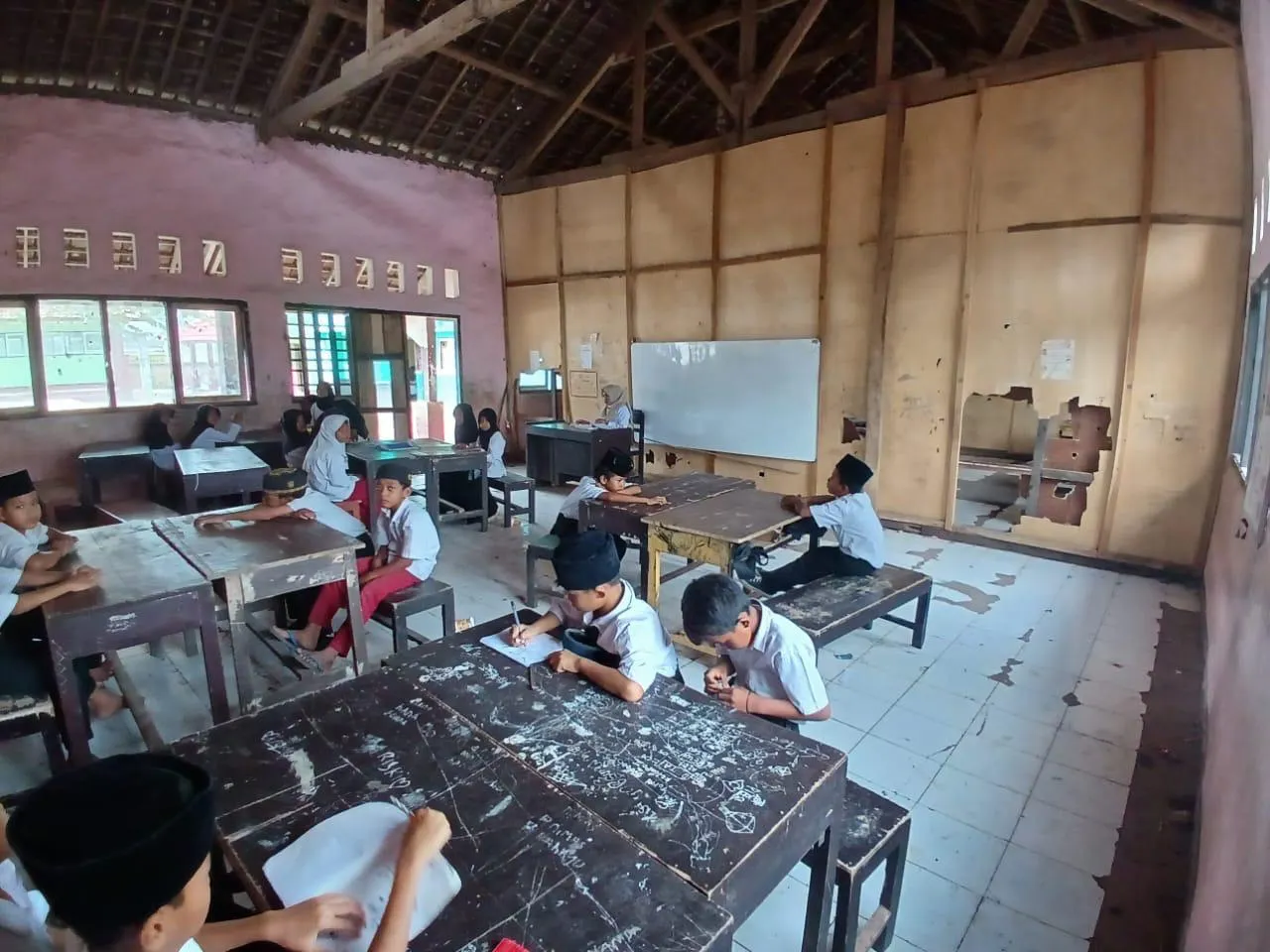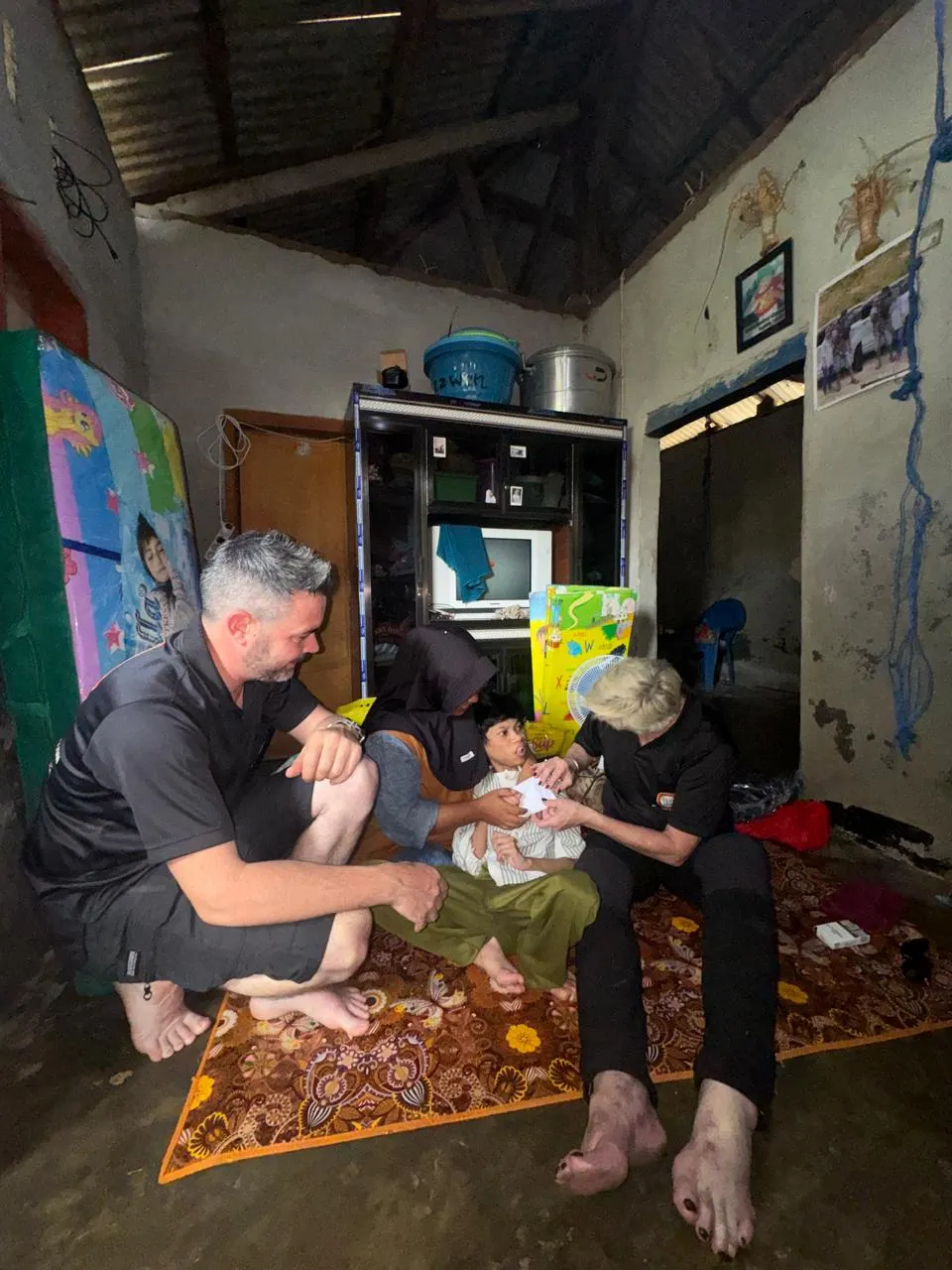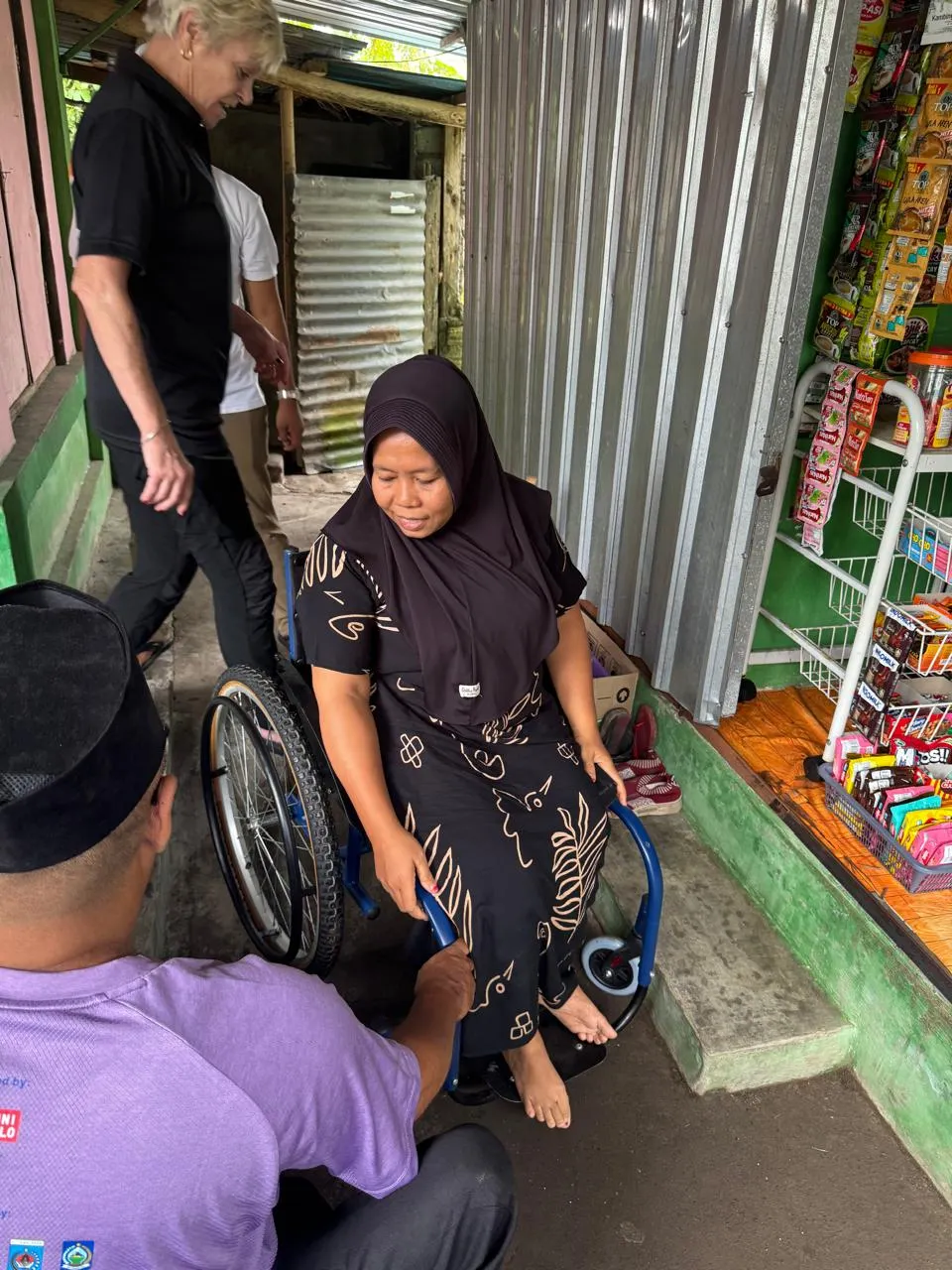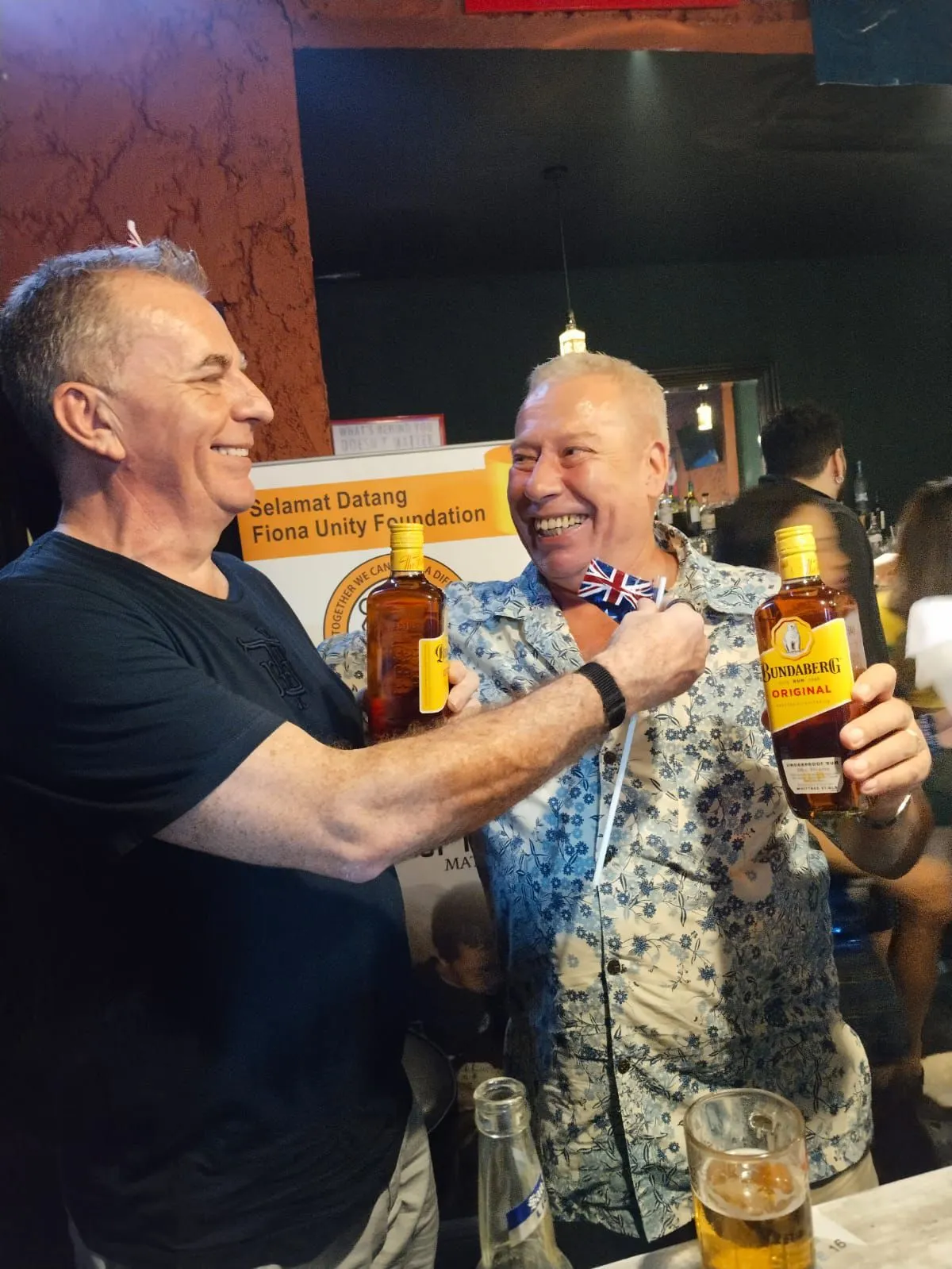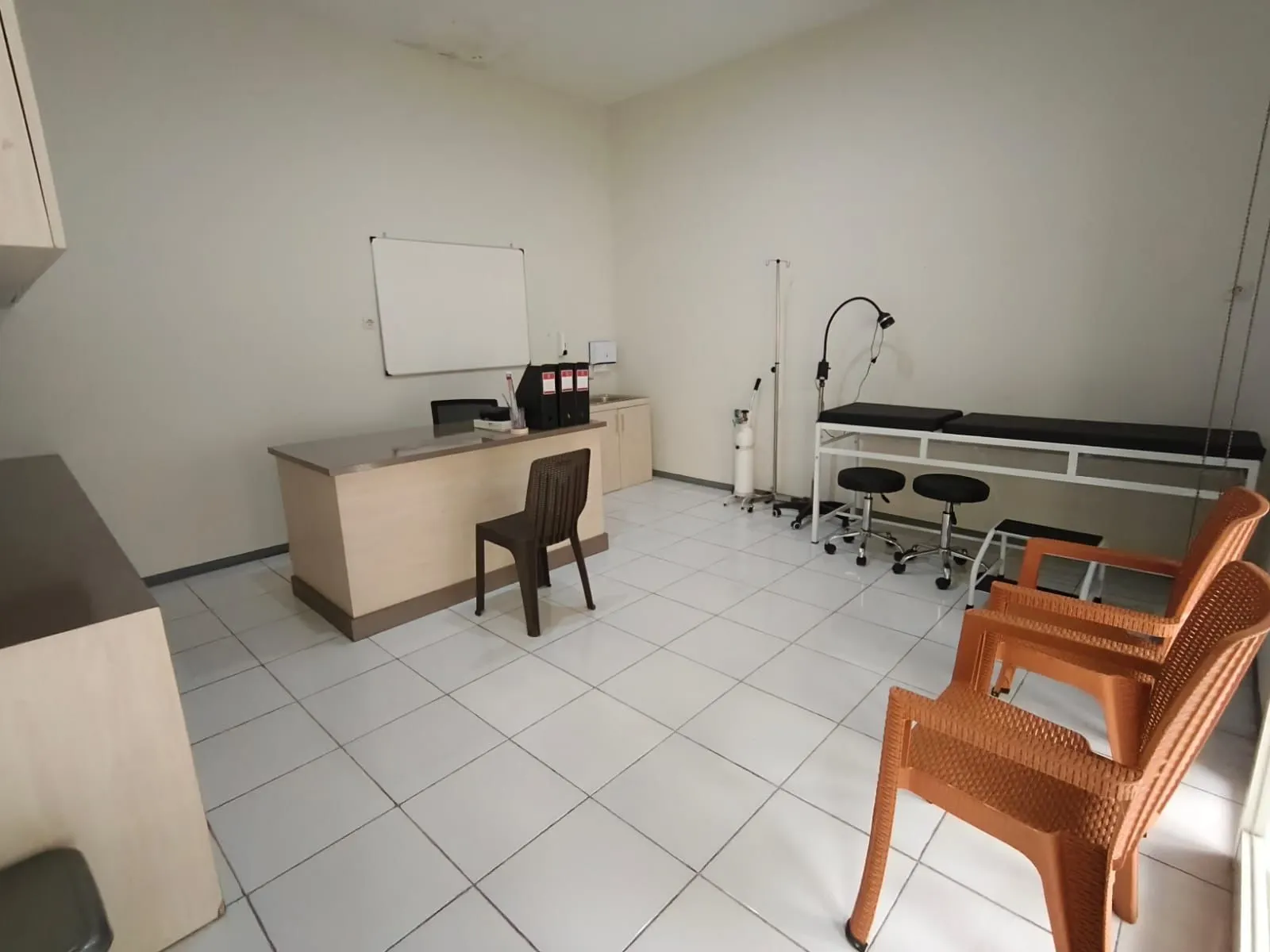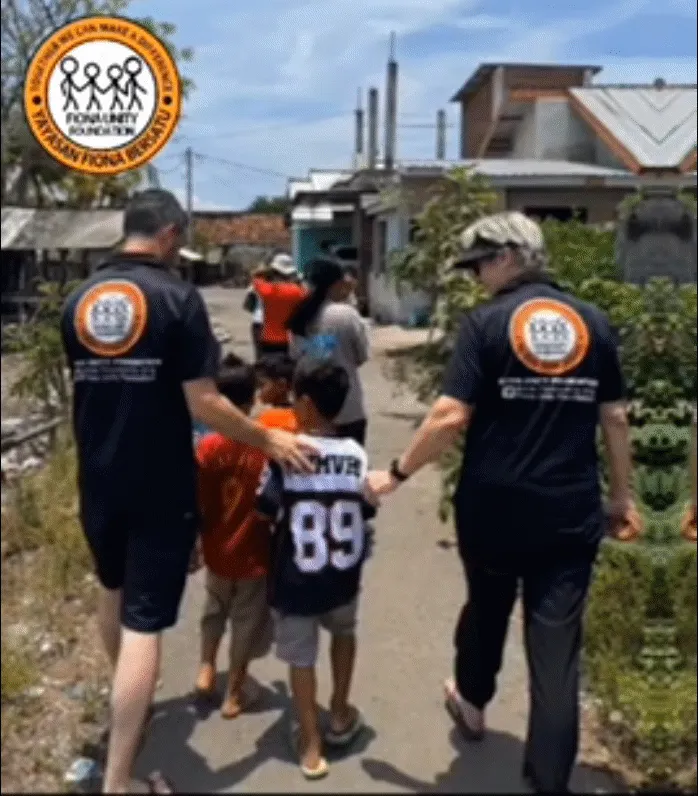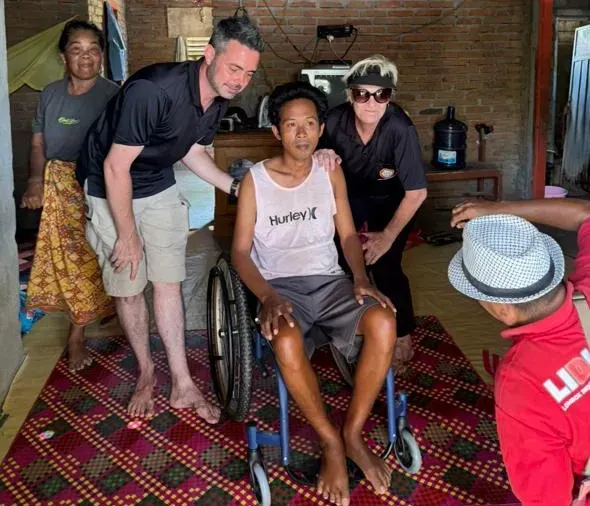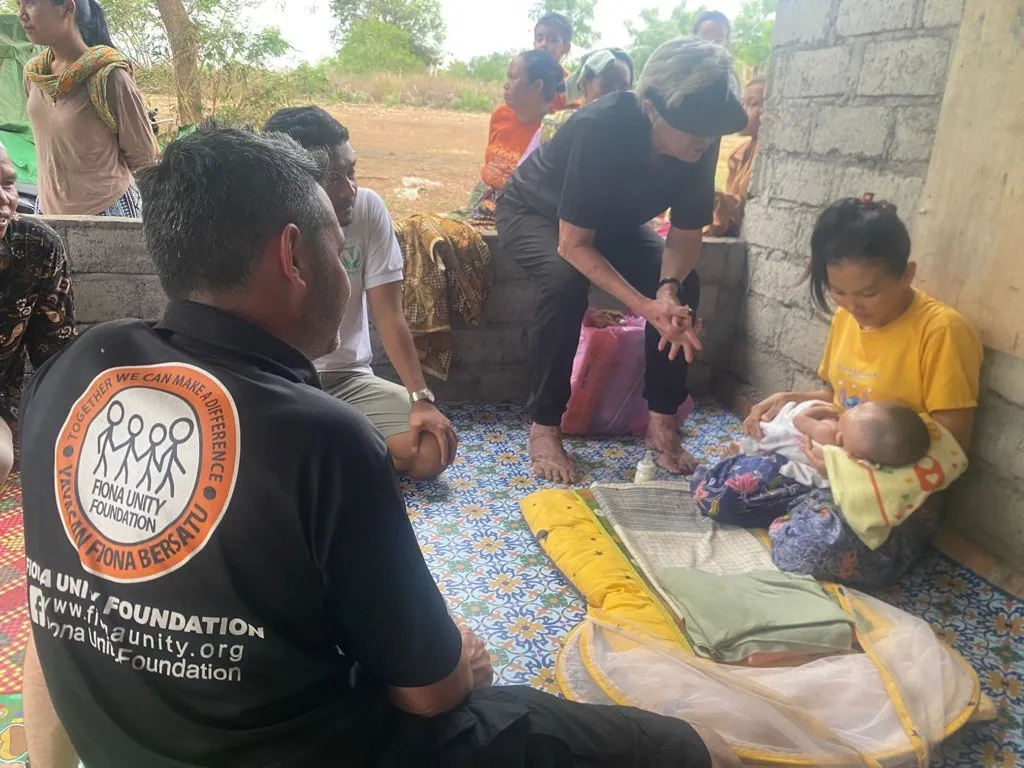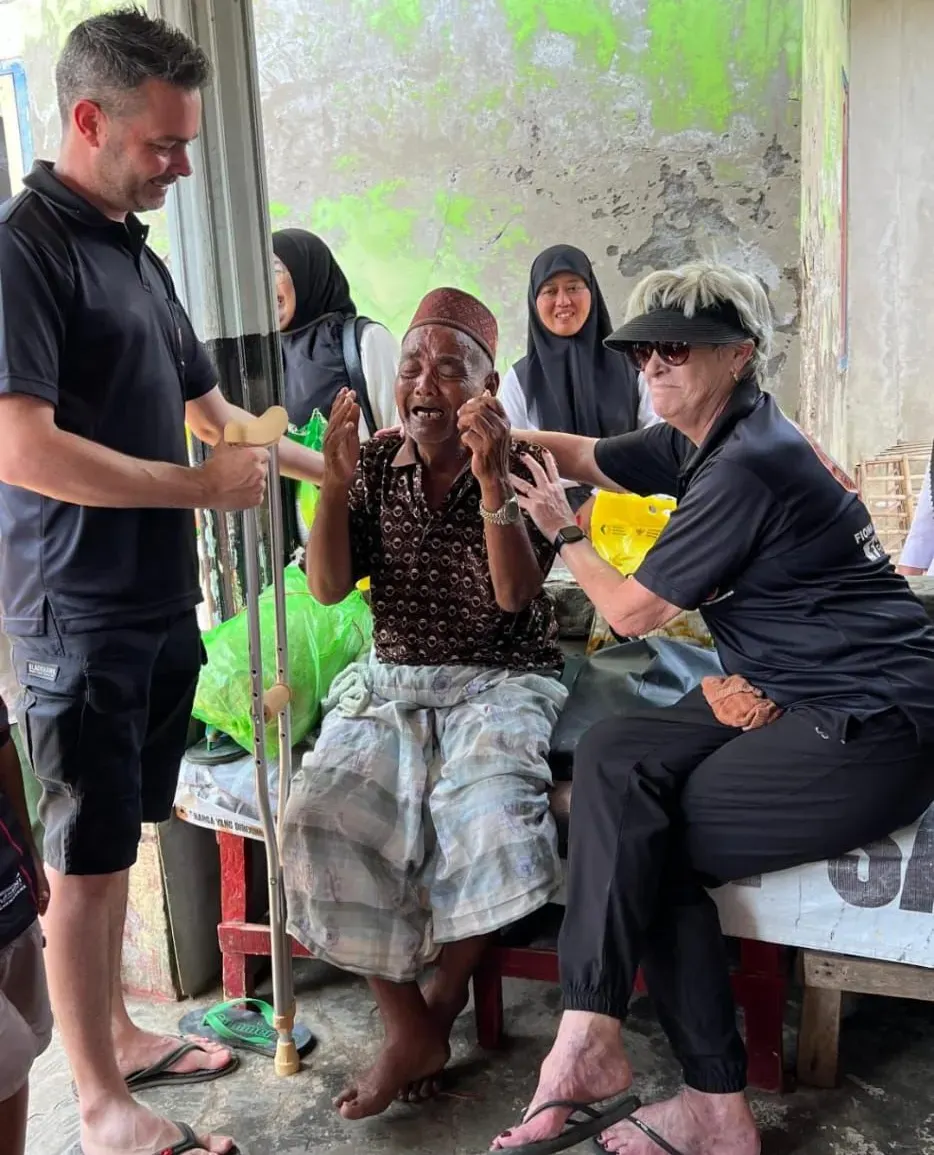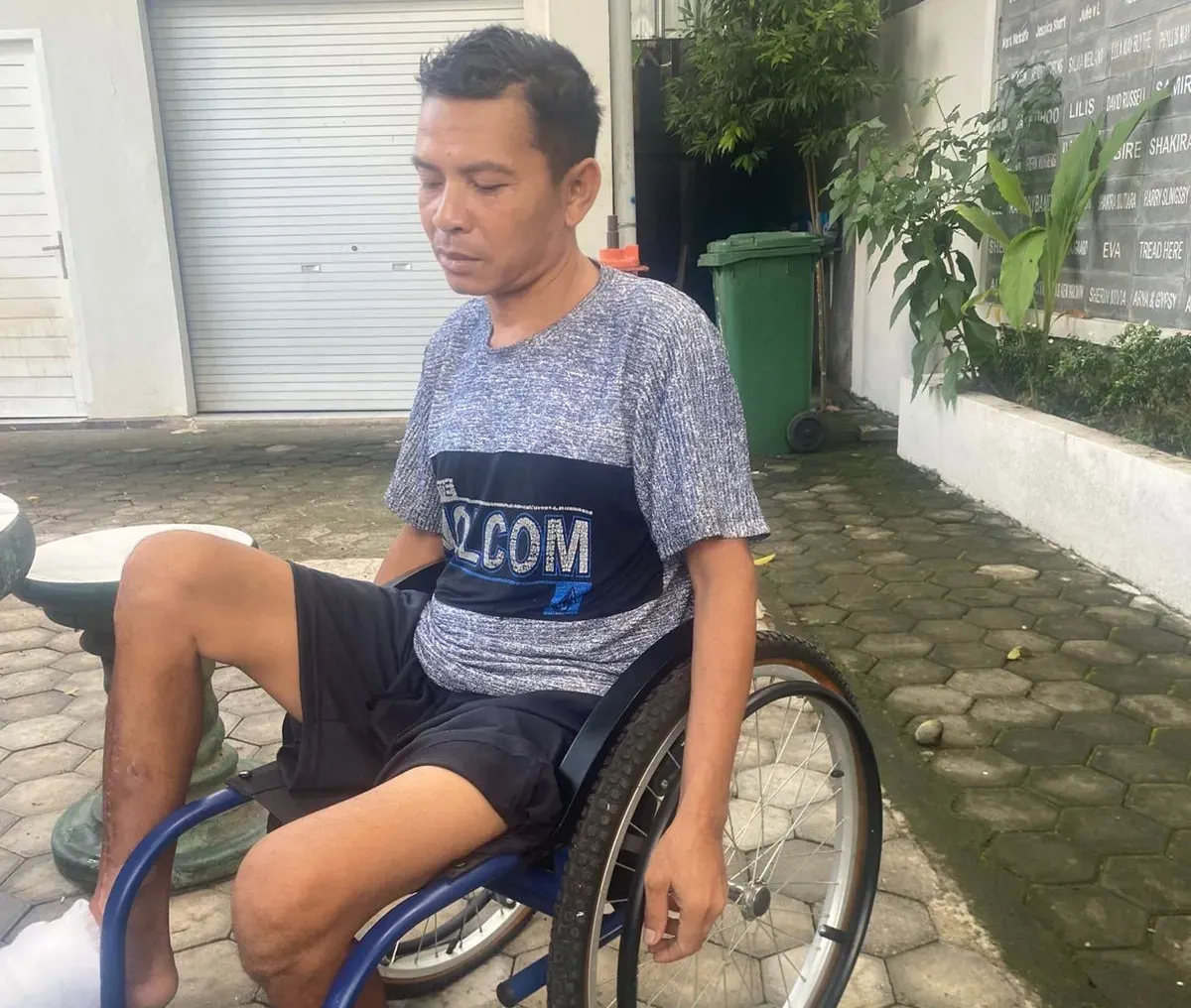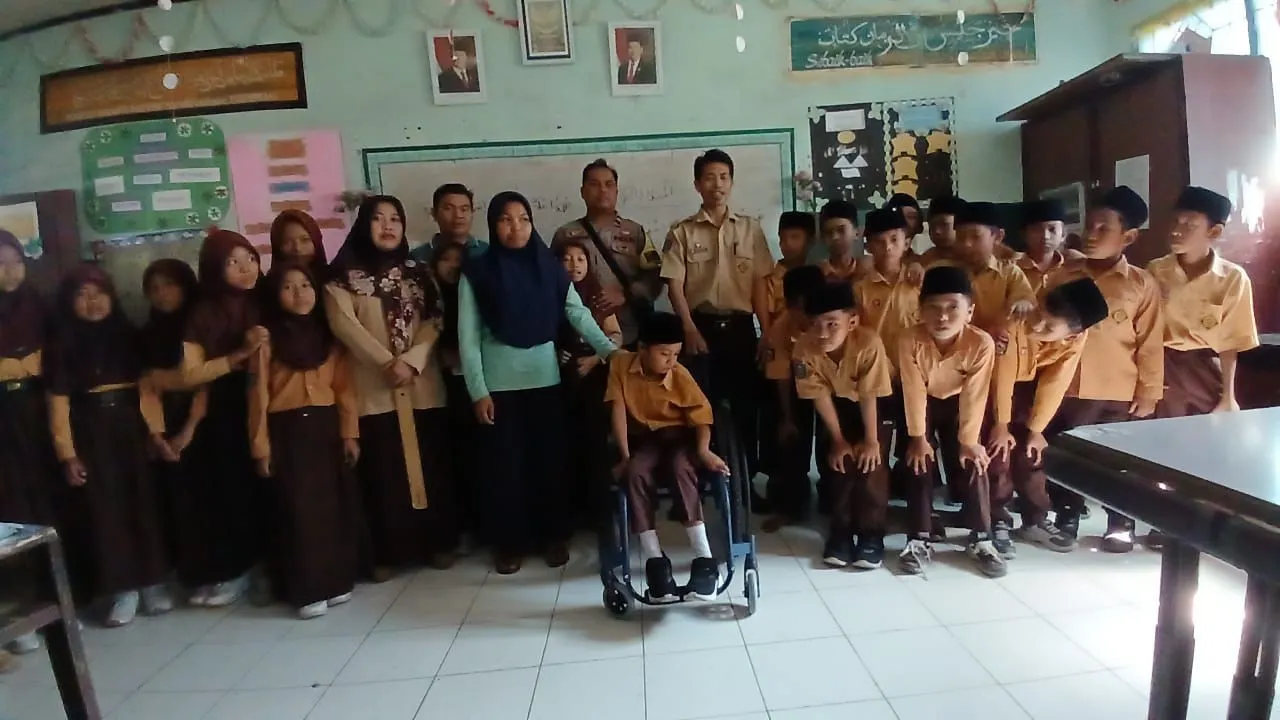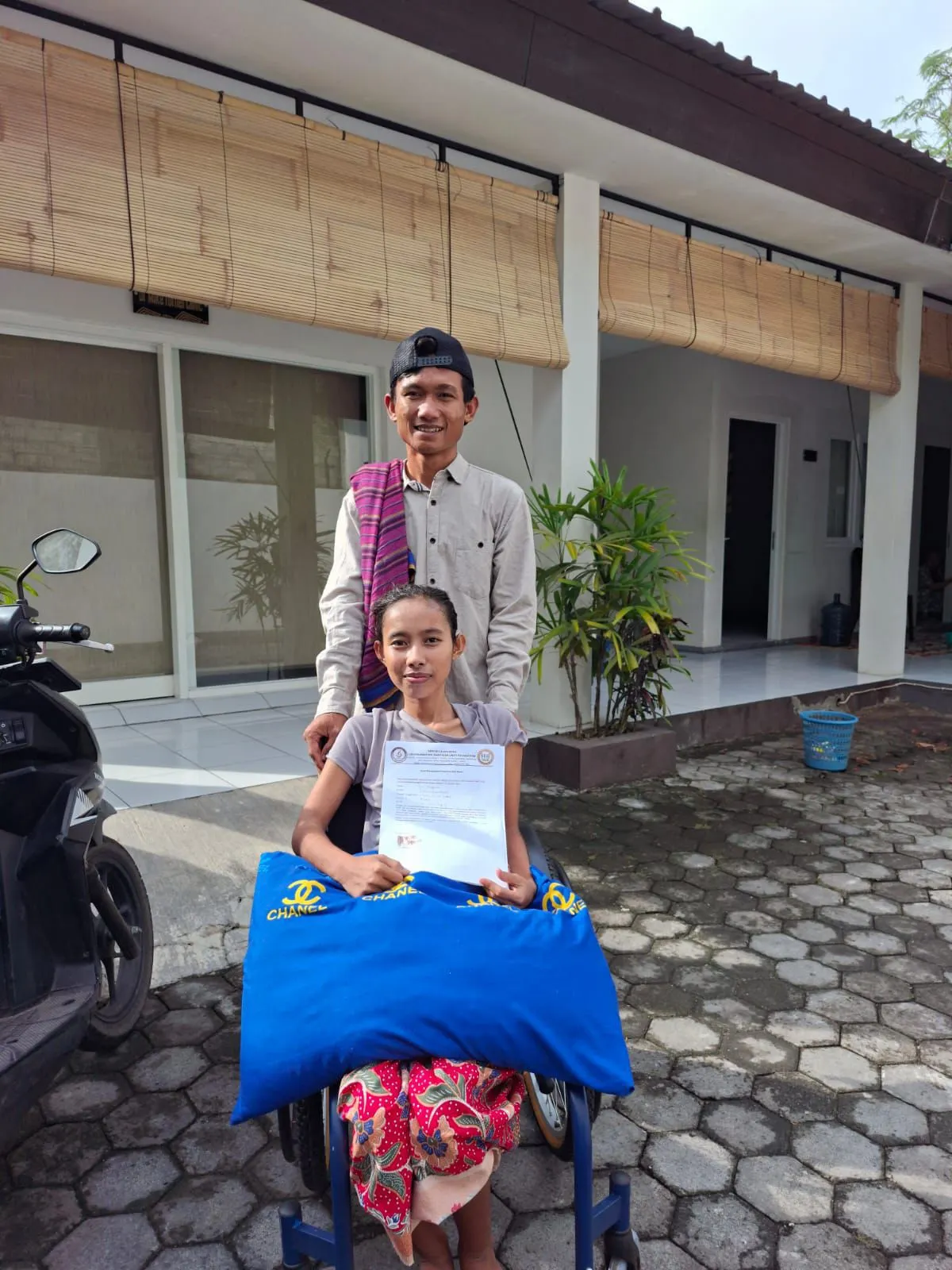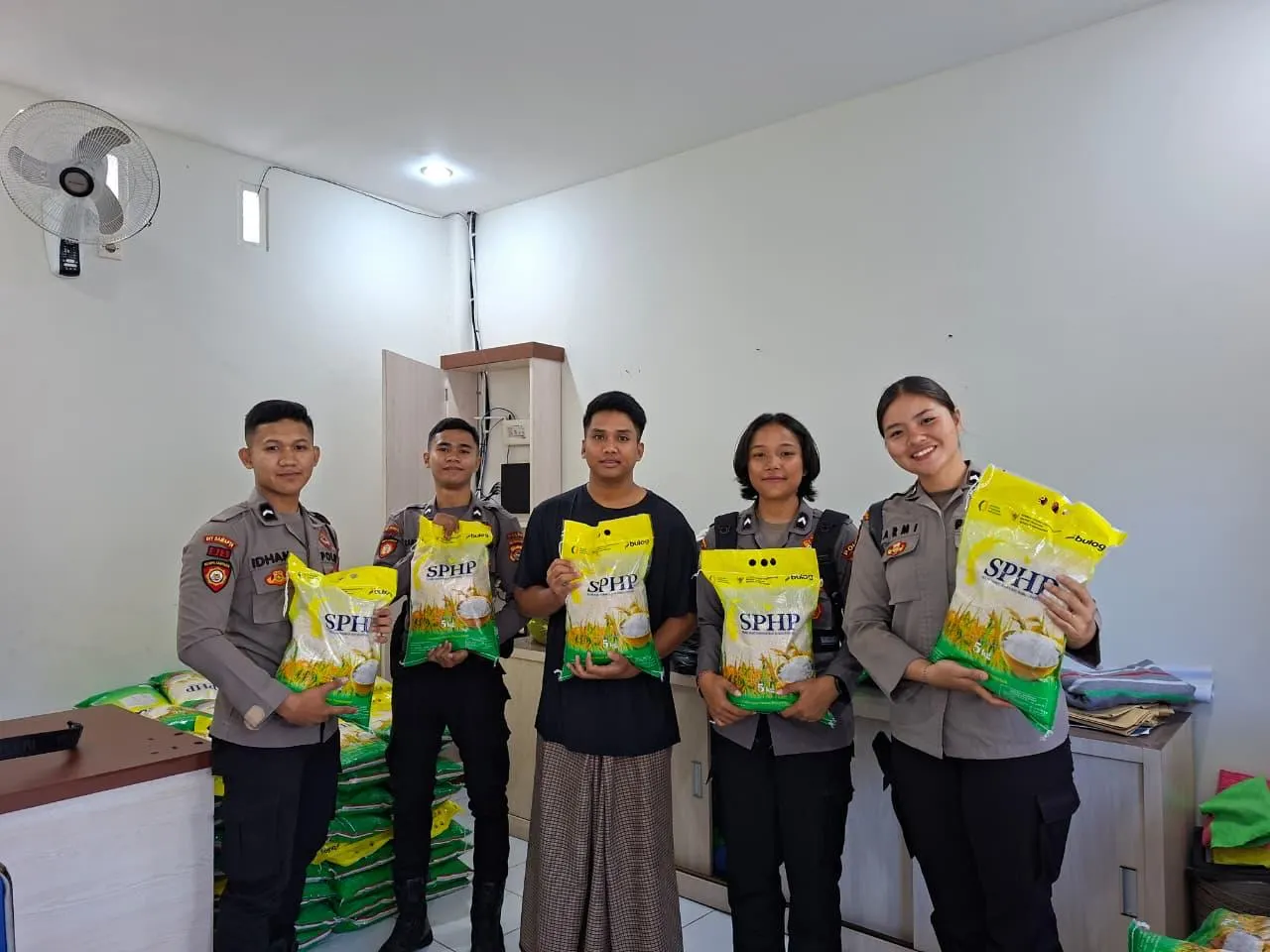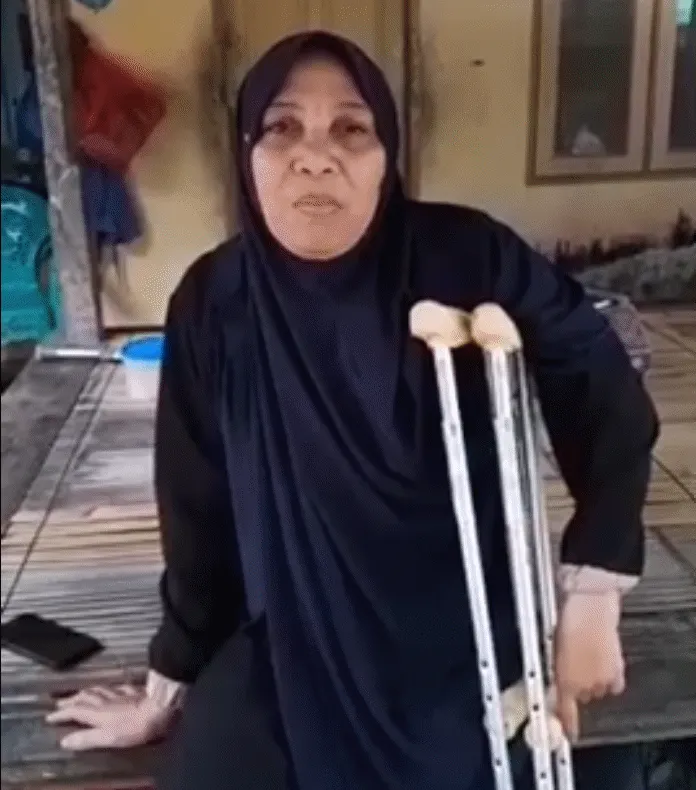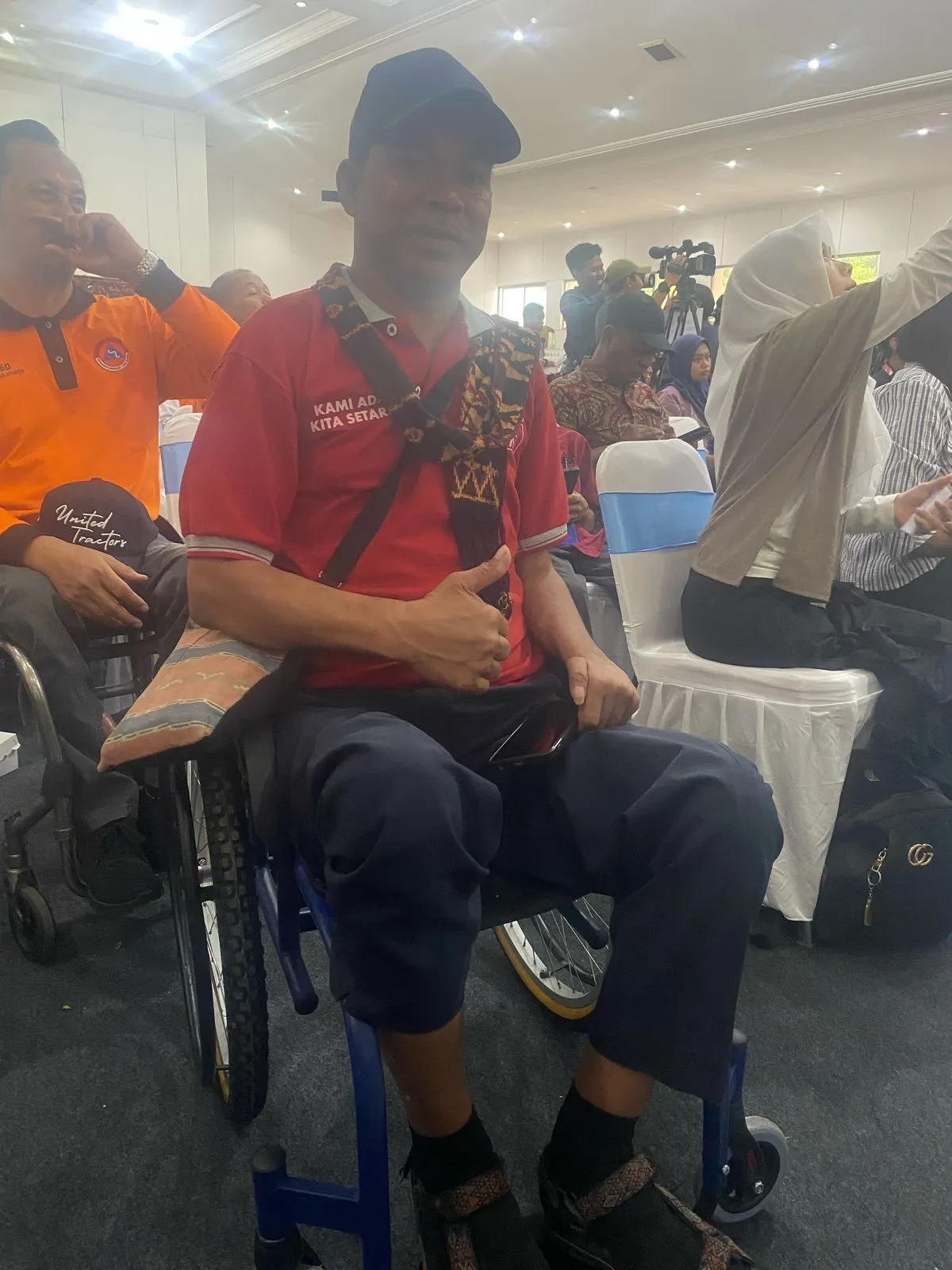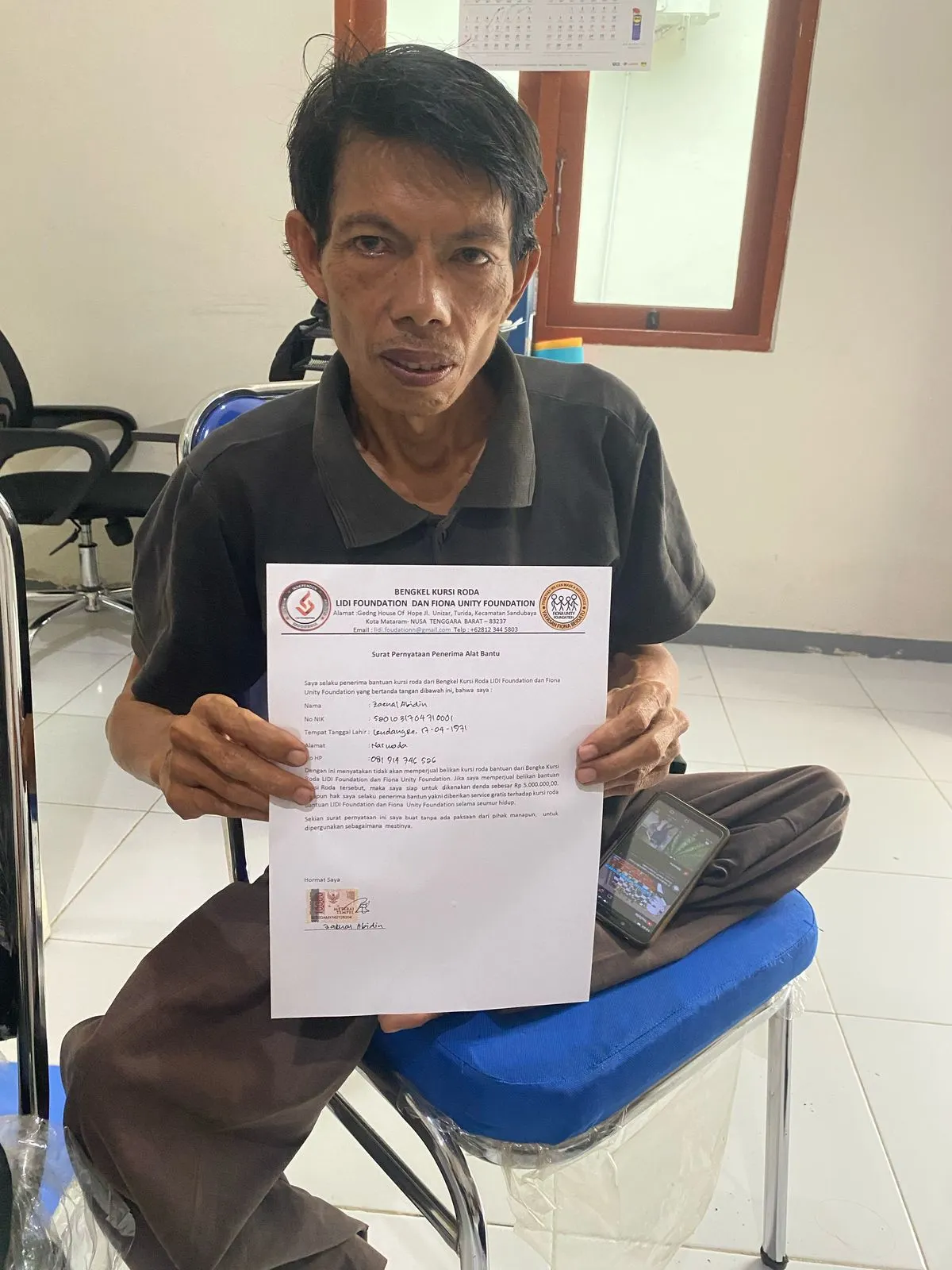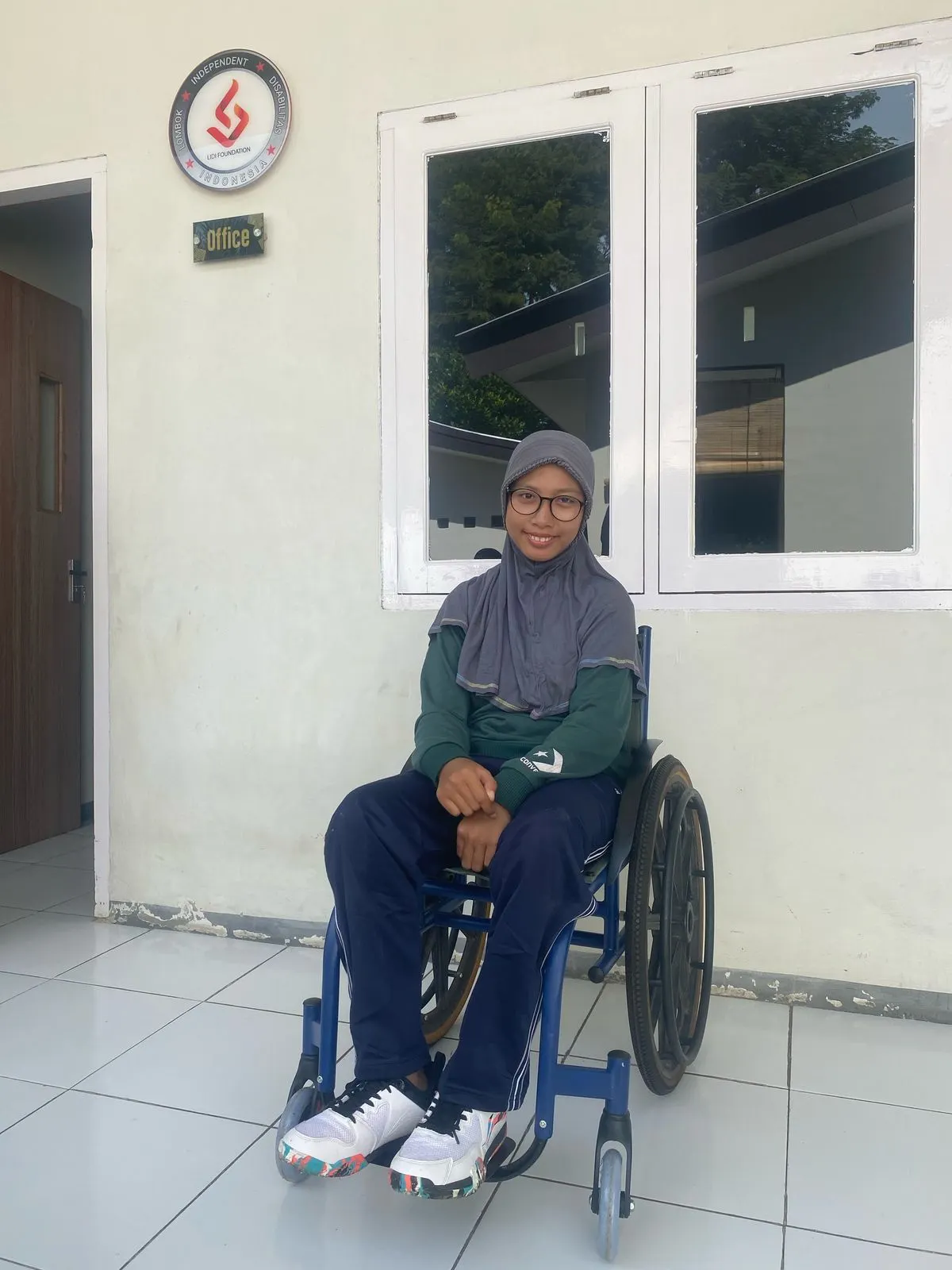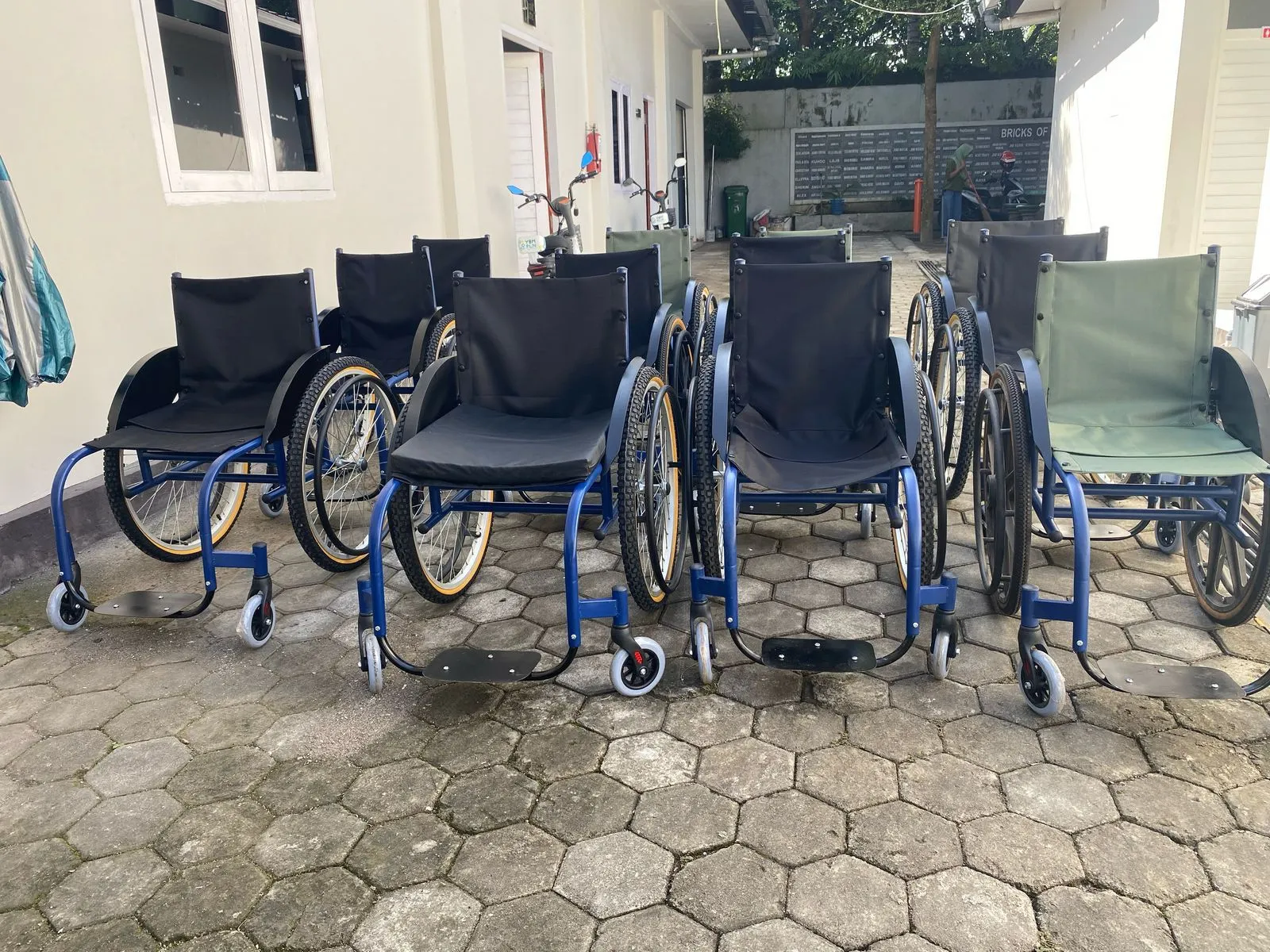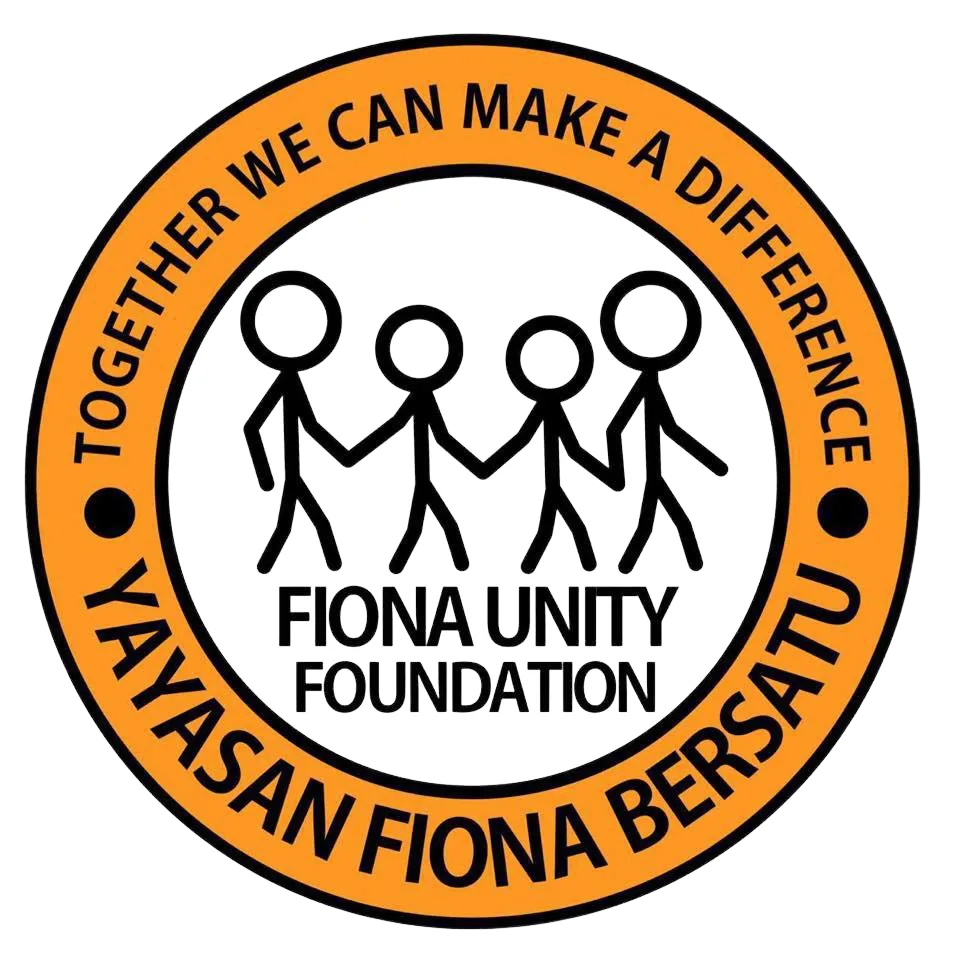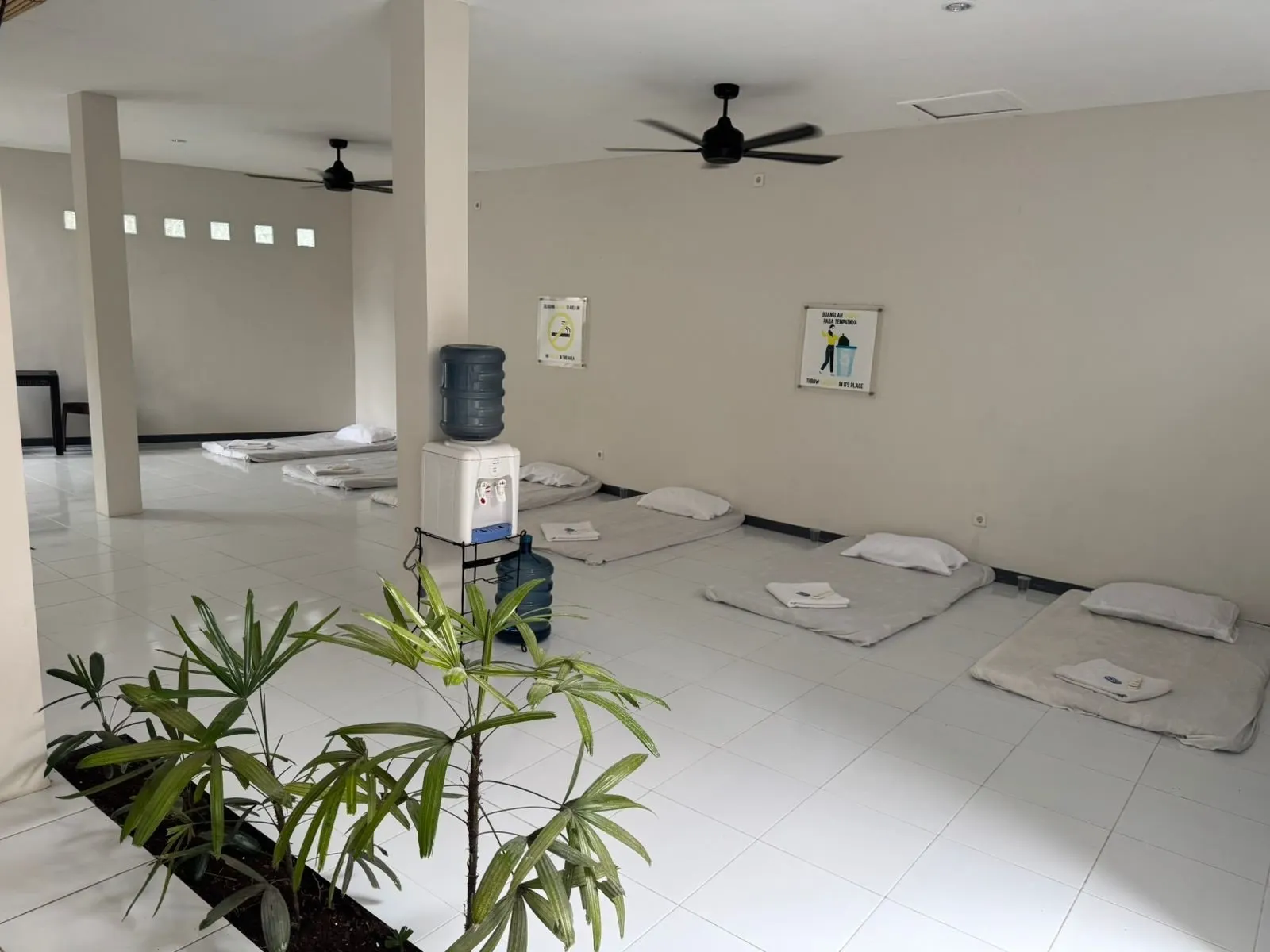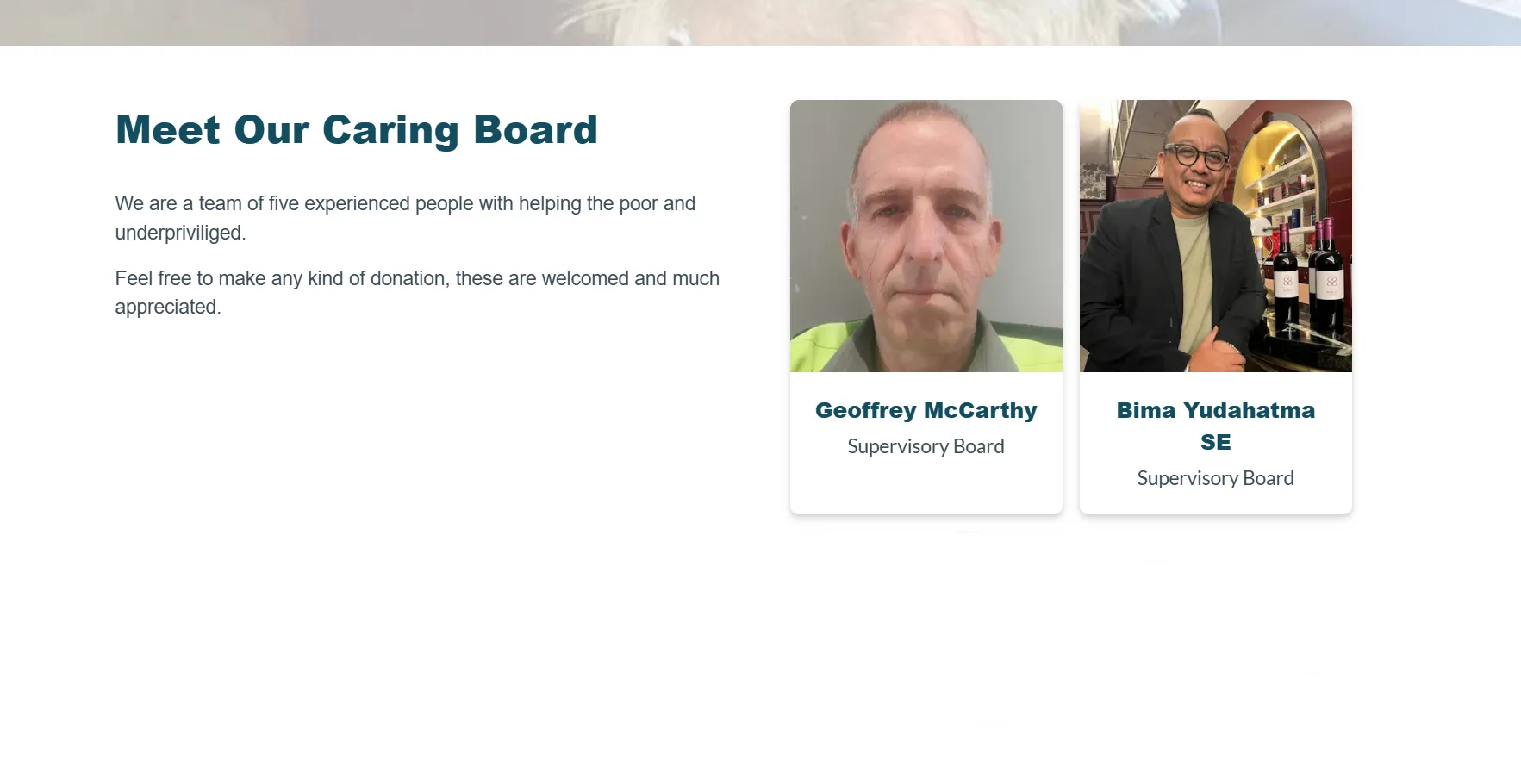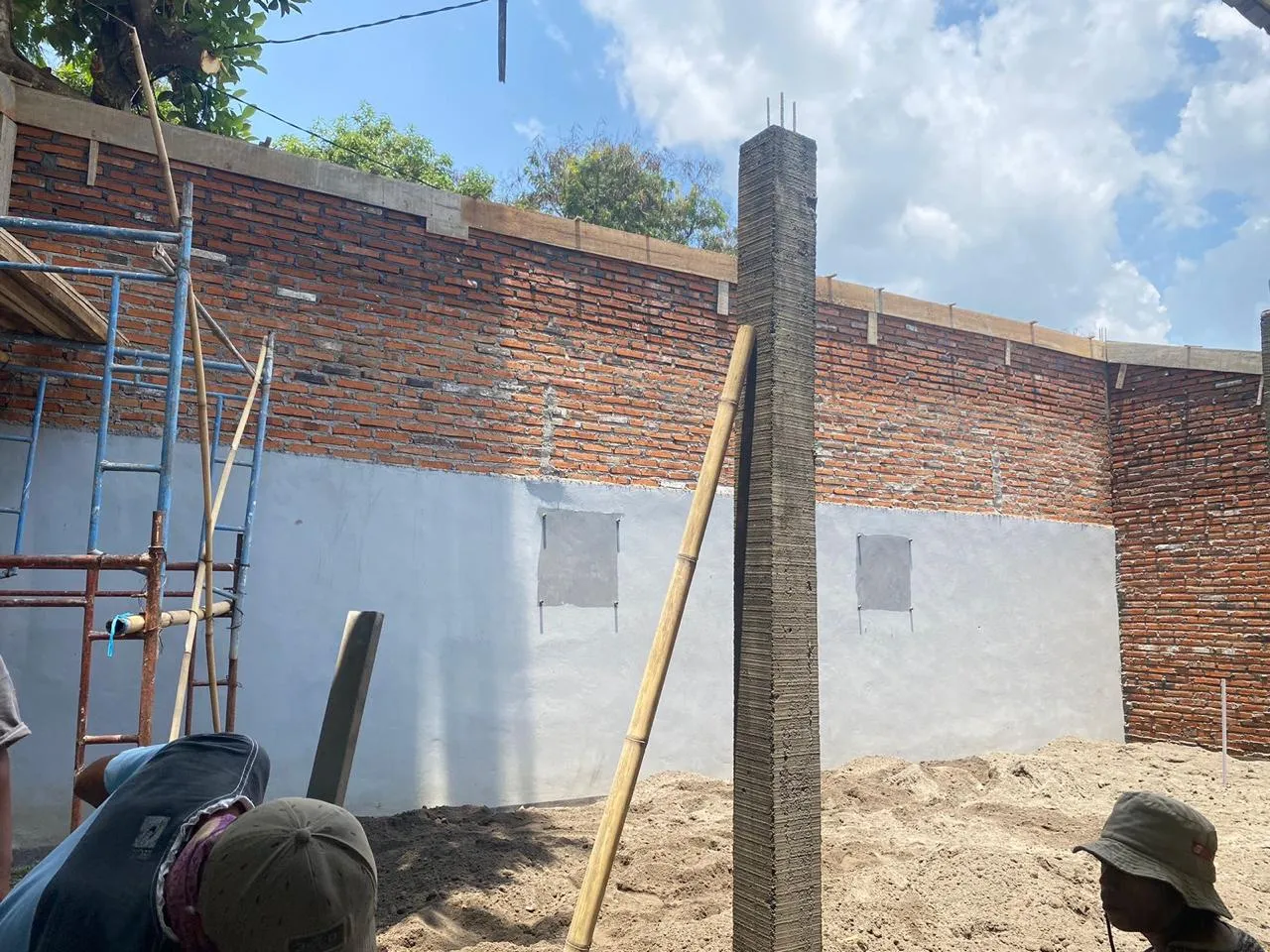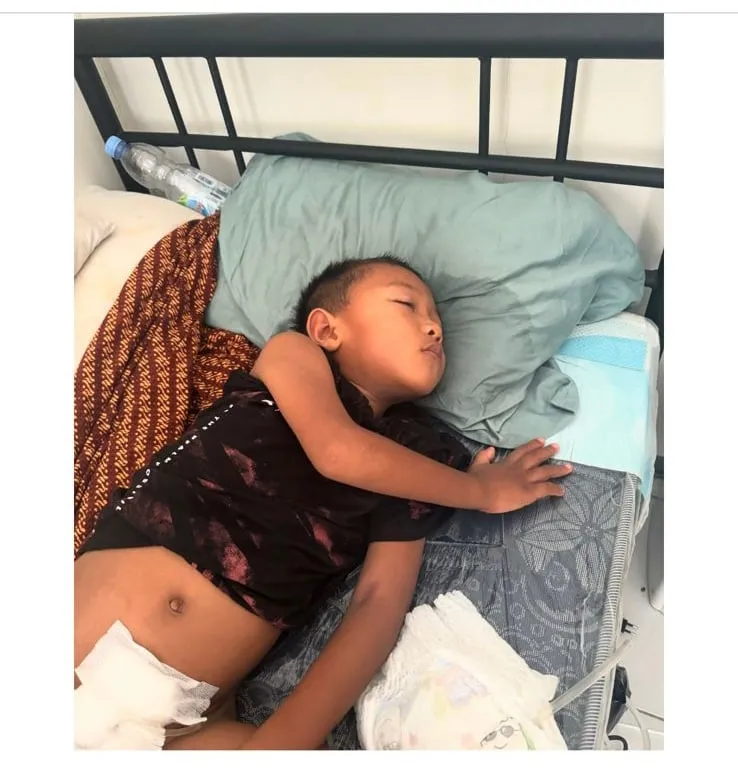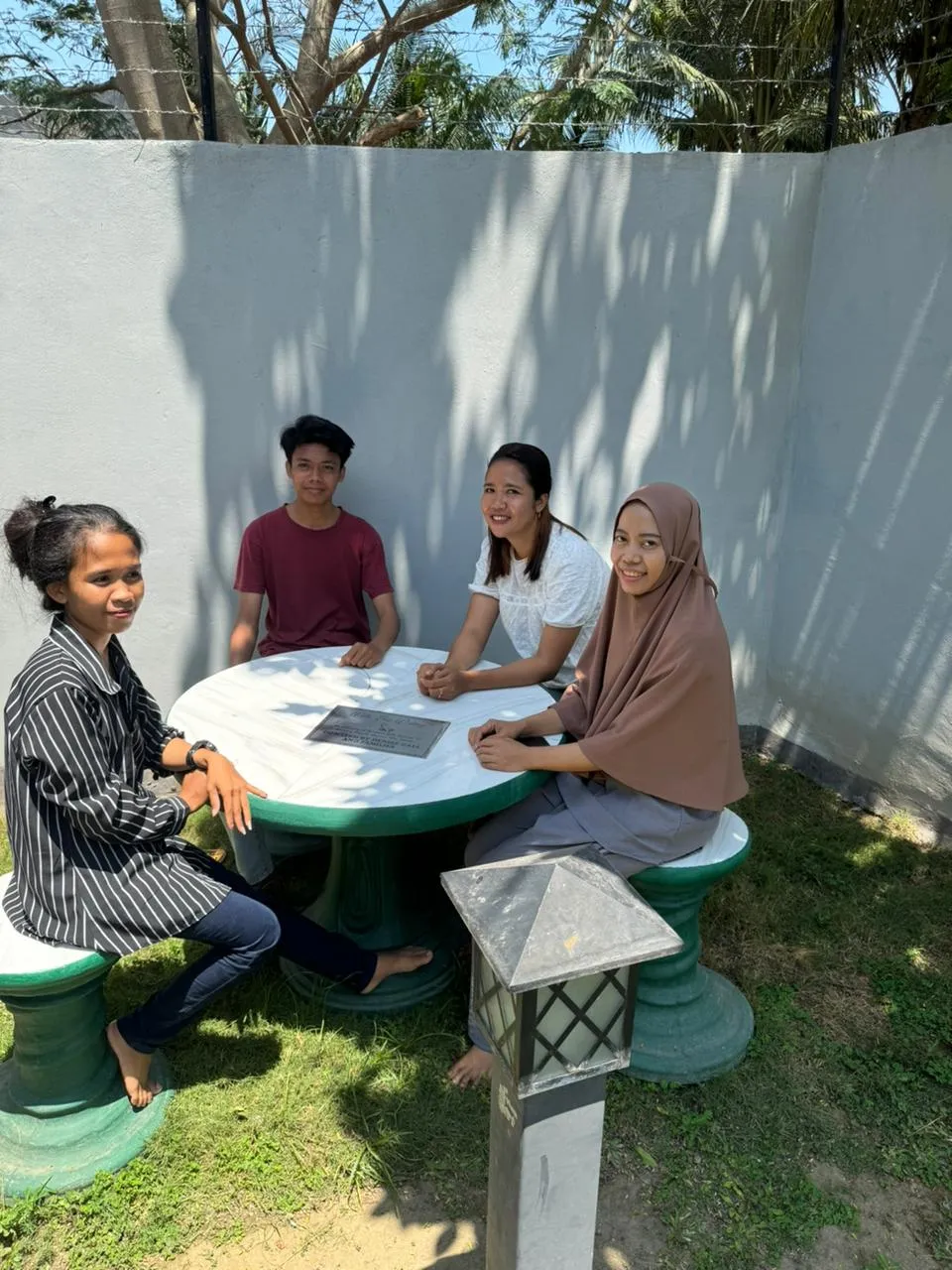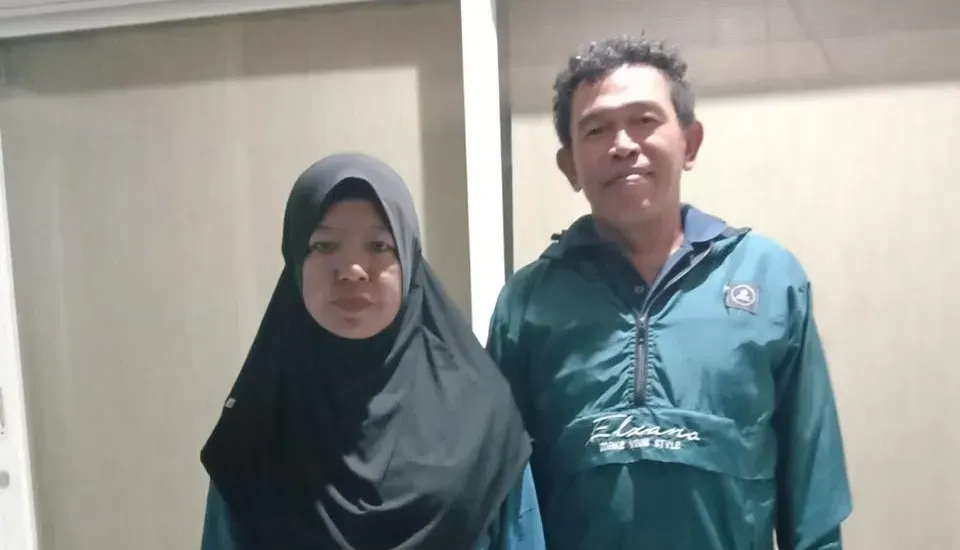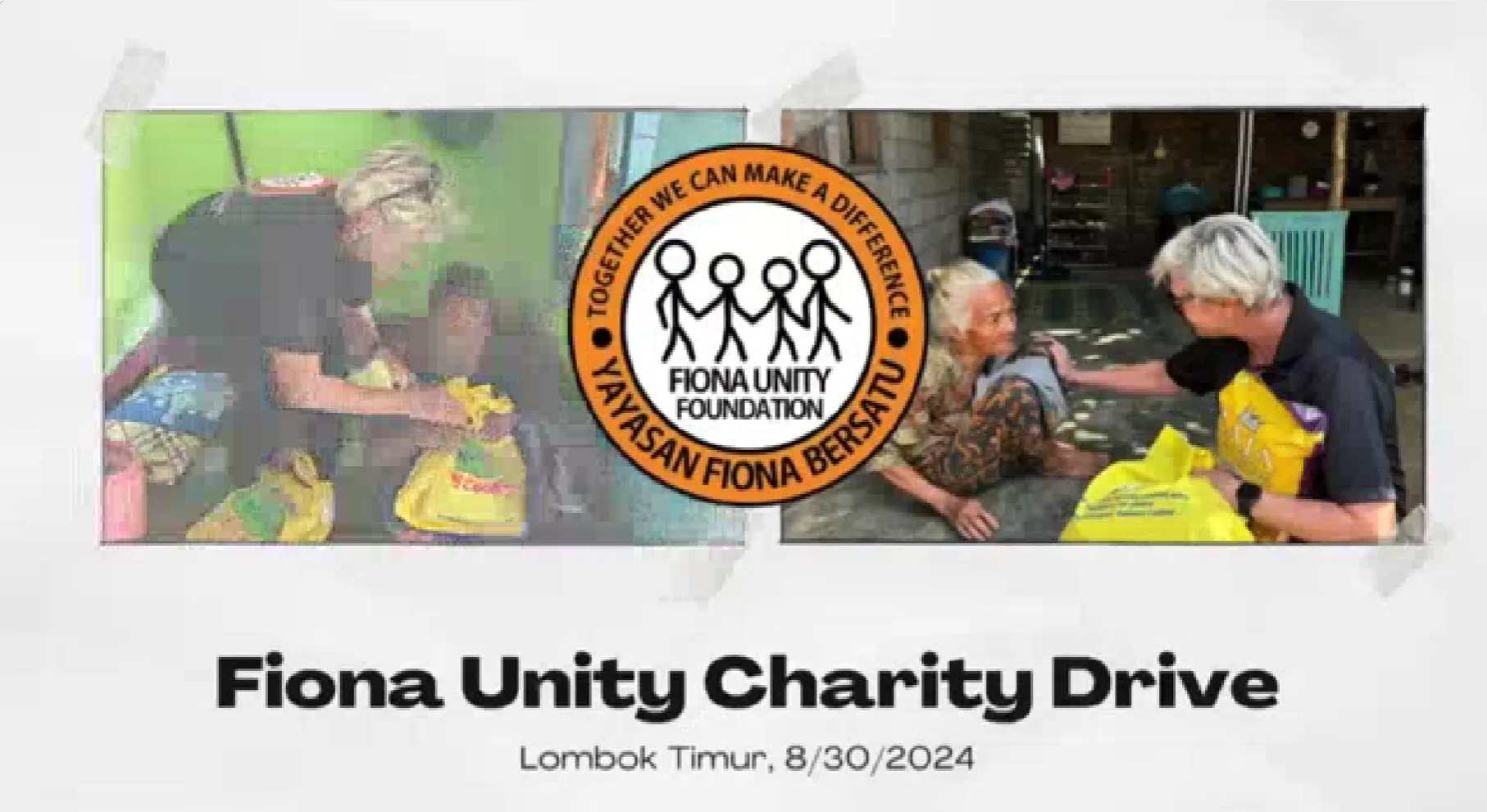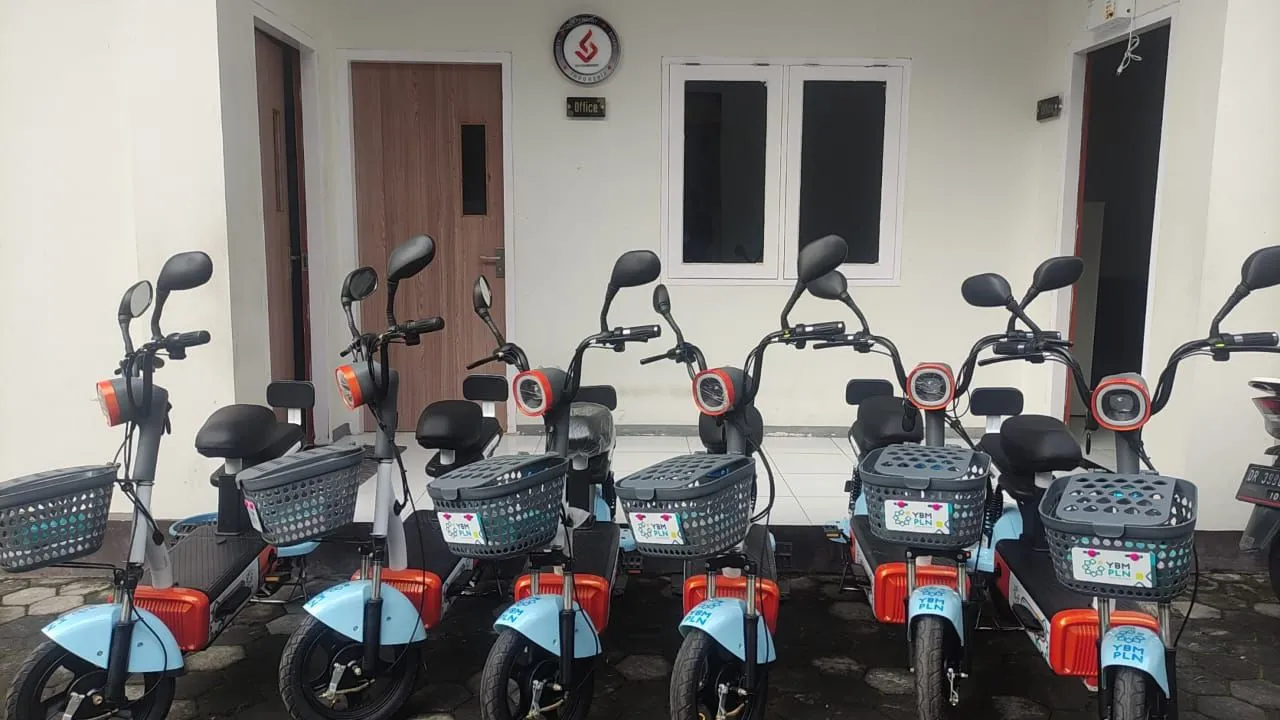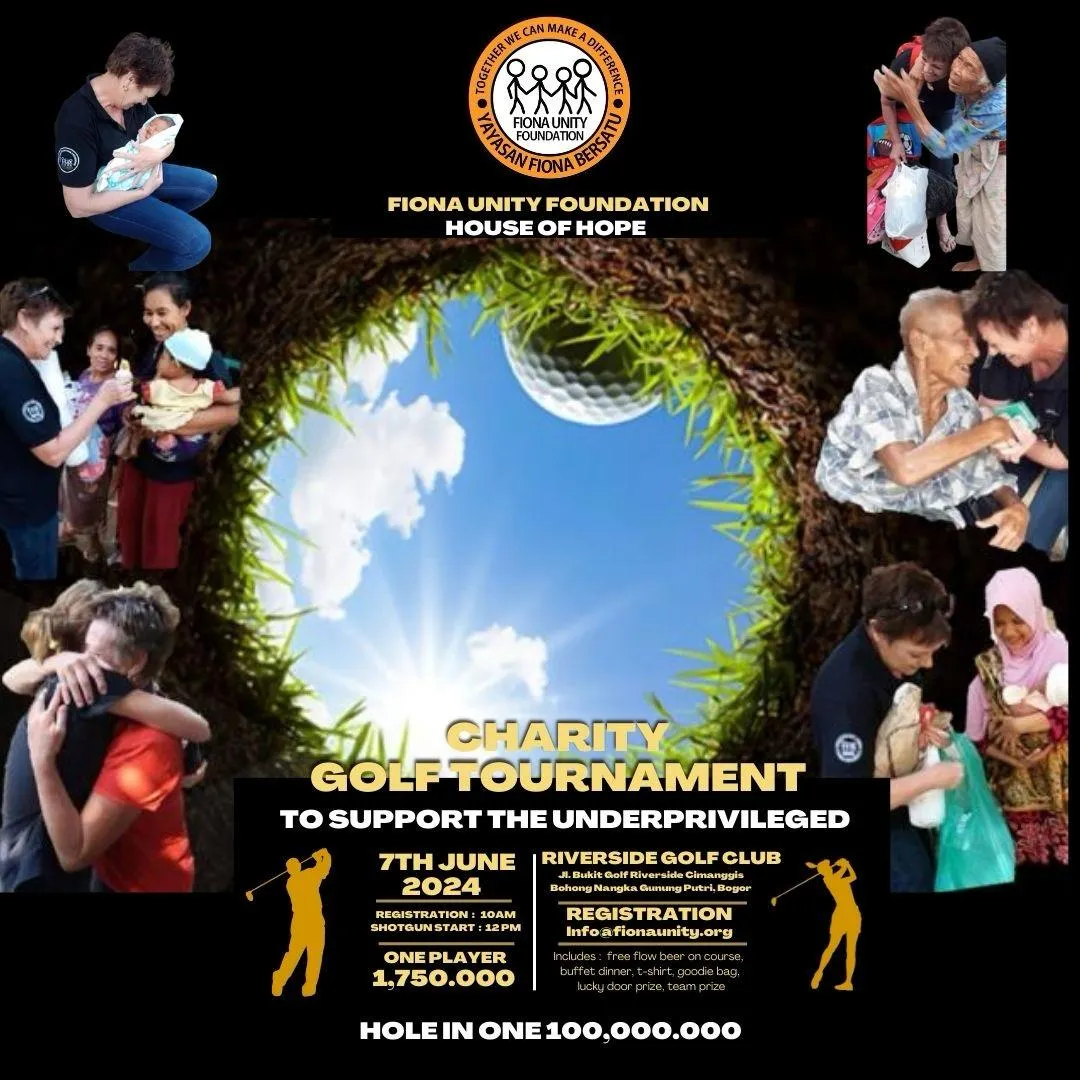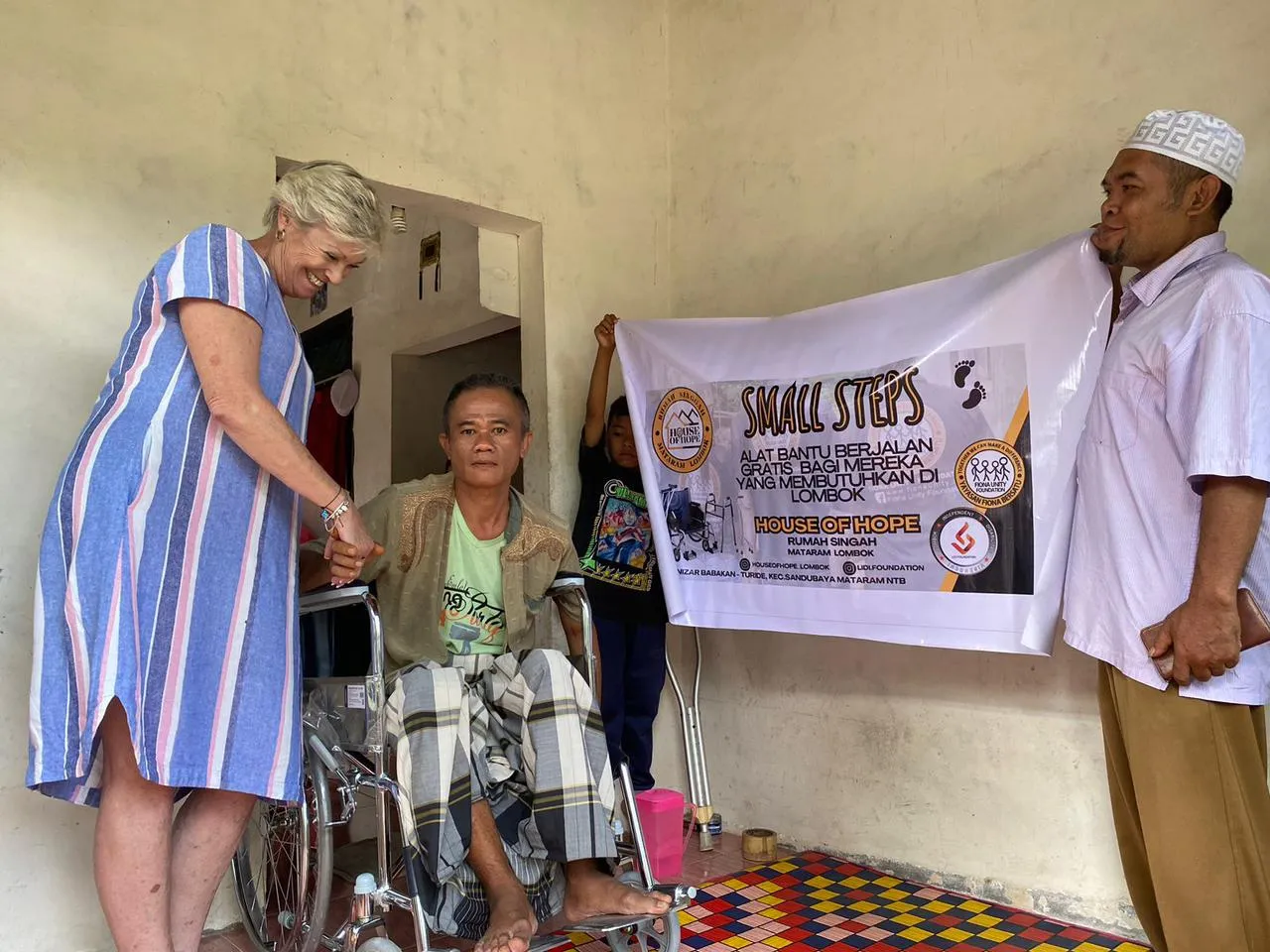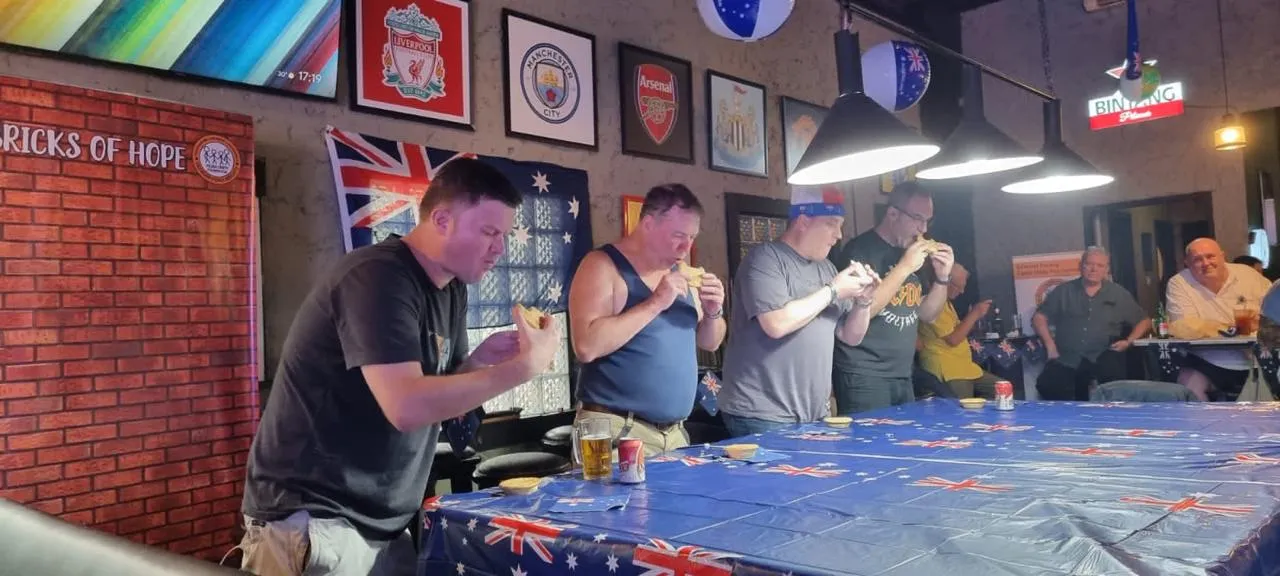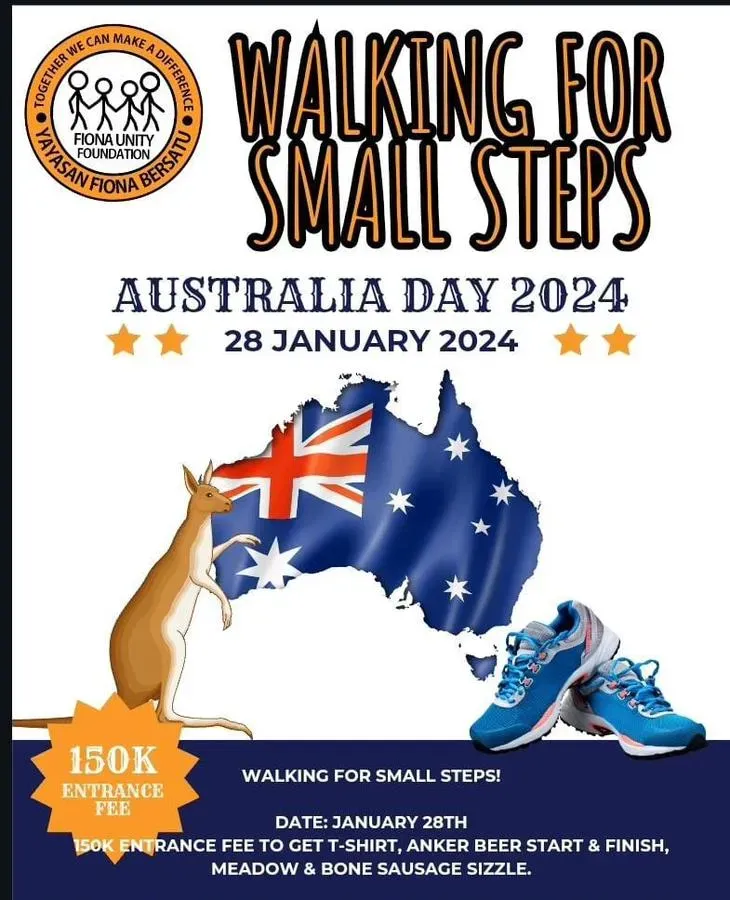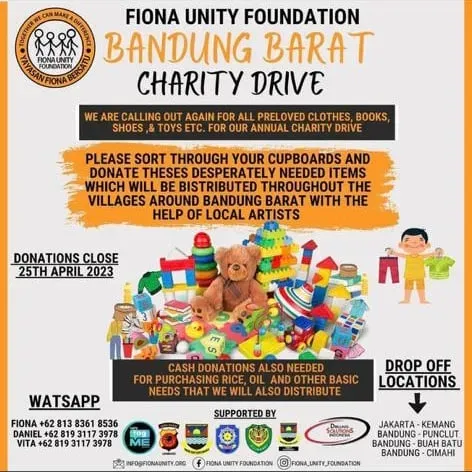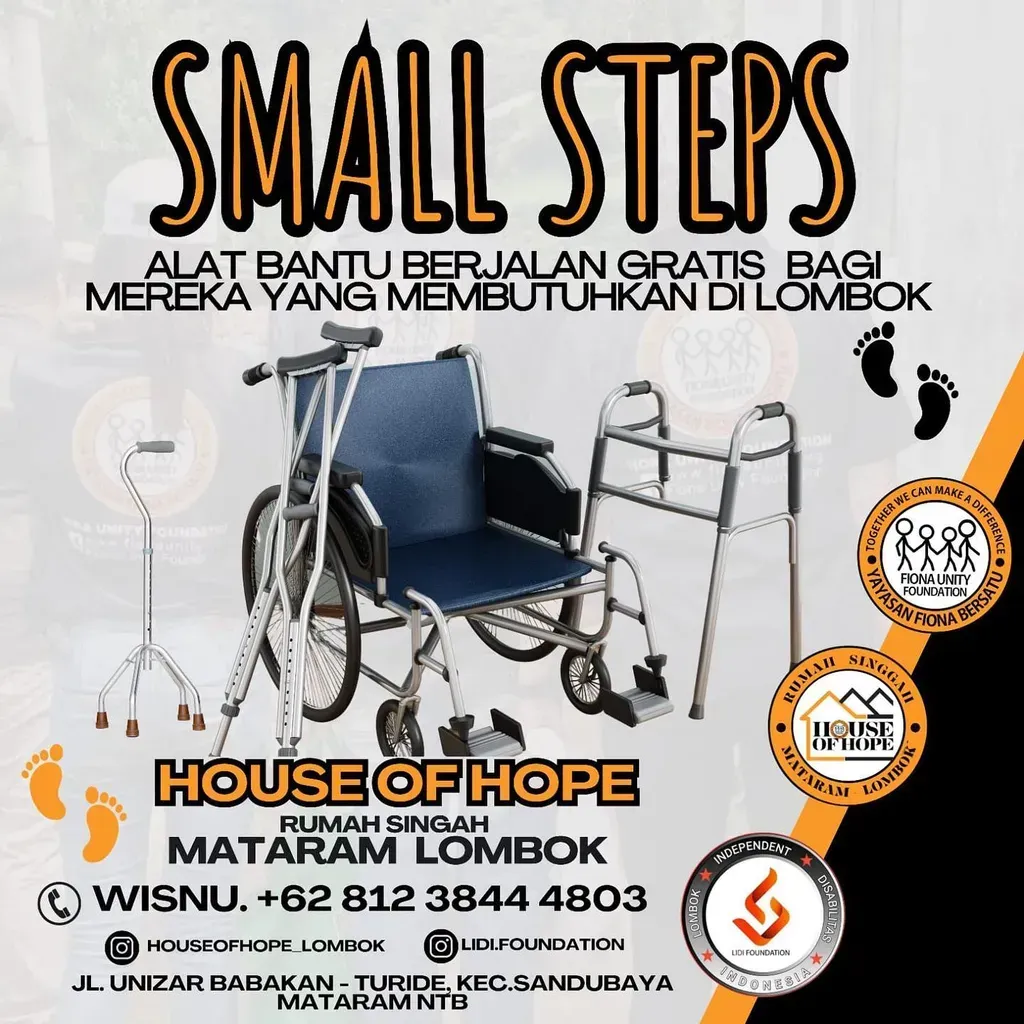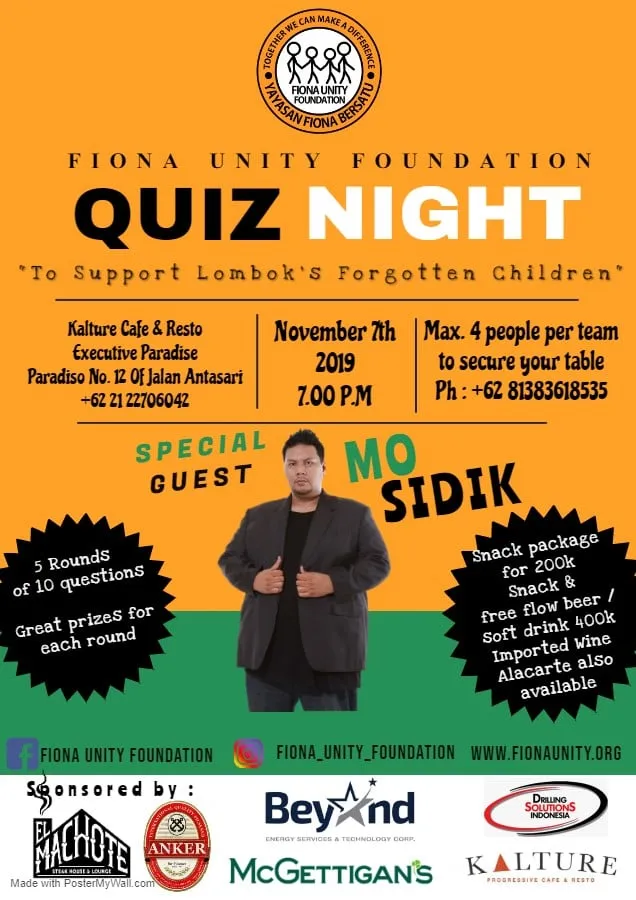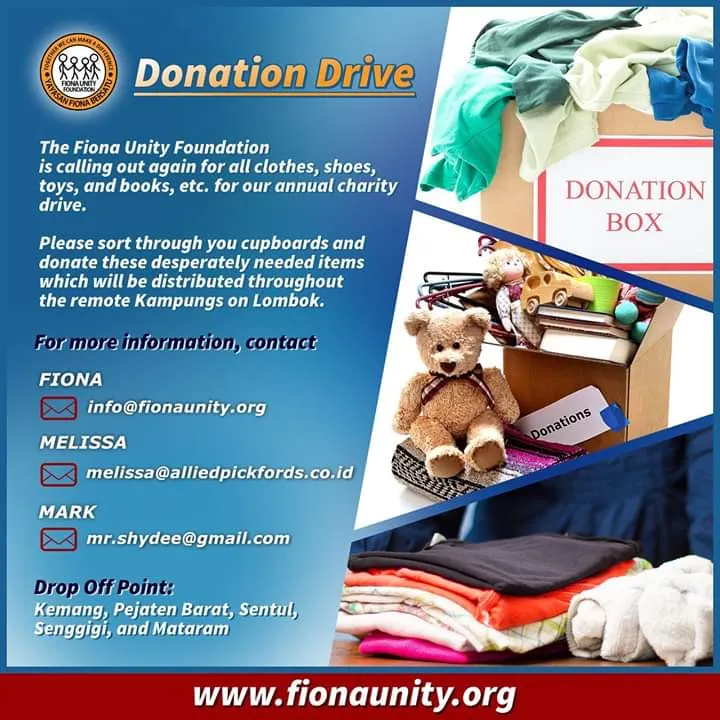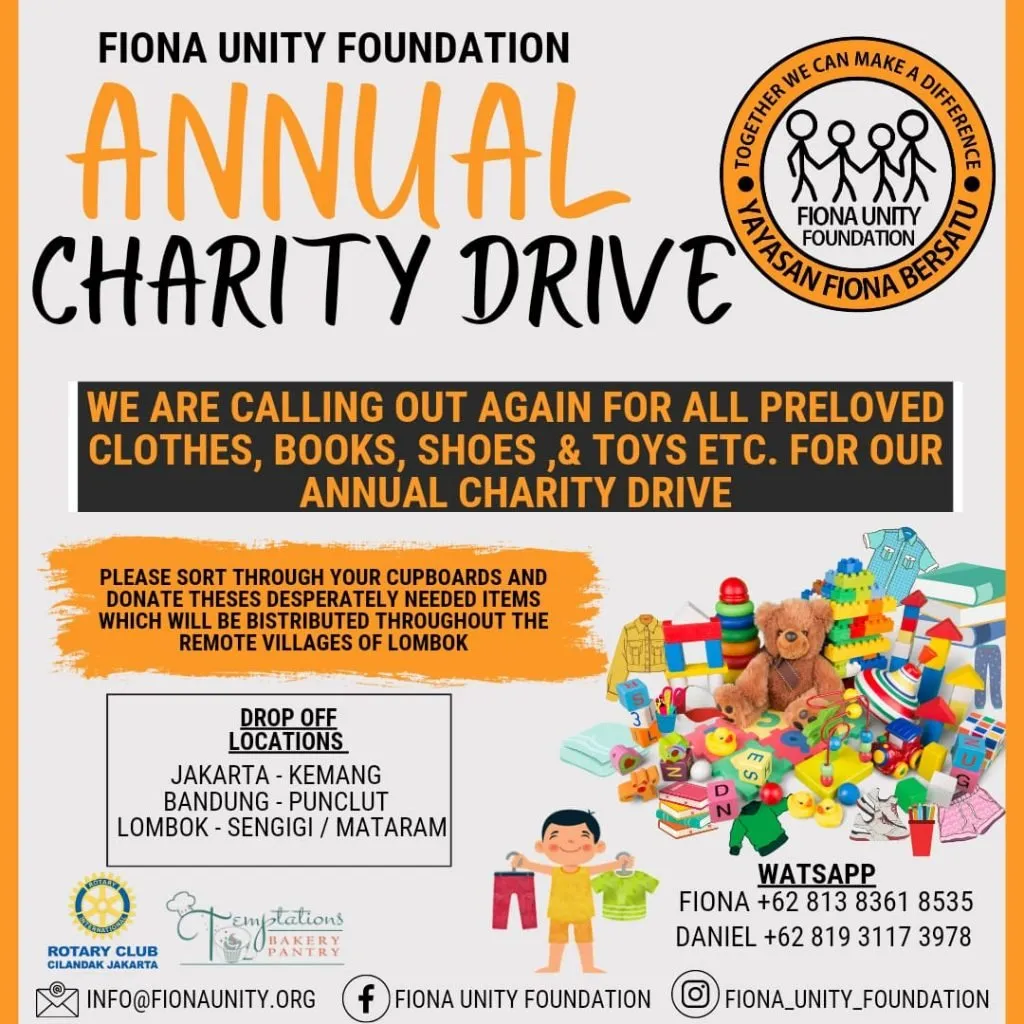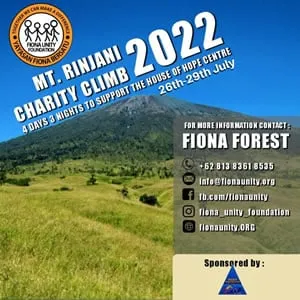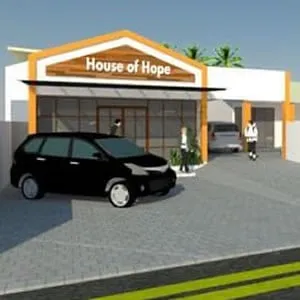From Telaga Bertong to Triumph: Pak Zulkifli’s Journey Through Cancer and Hope
Let me start with something you probably won't hear every day: the strongest man in Telaga Bertong isn’t the village wrestler, farmer, or even the headman. It’s Pak Zulkifli, a quiet man making his way from the House of Hope back home carrying more scars—and hope—than most of us ever will. His journey isn’t a movie. There were days when even the timing of the village rooster felt too optimistic. But heal he did, and in honoring that, we unearth bigger truths about cancer in Indonesia, survival, and the power of ordinary people.
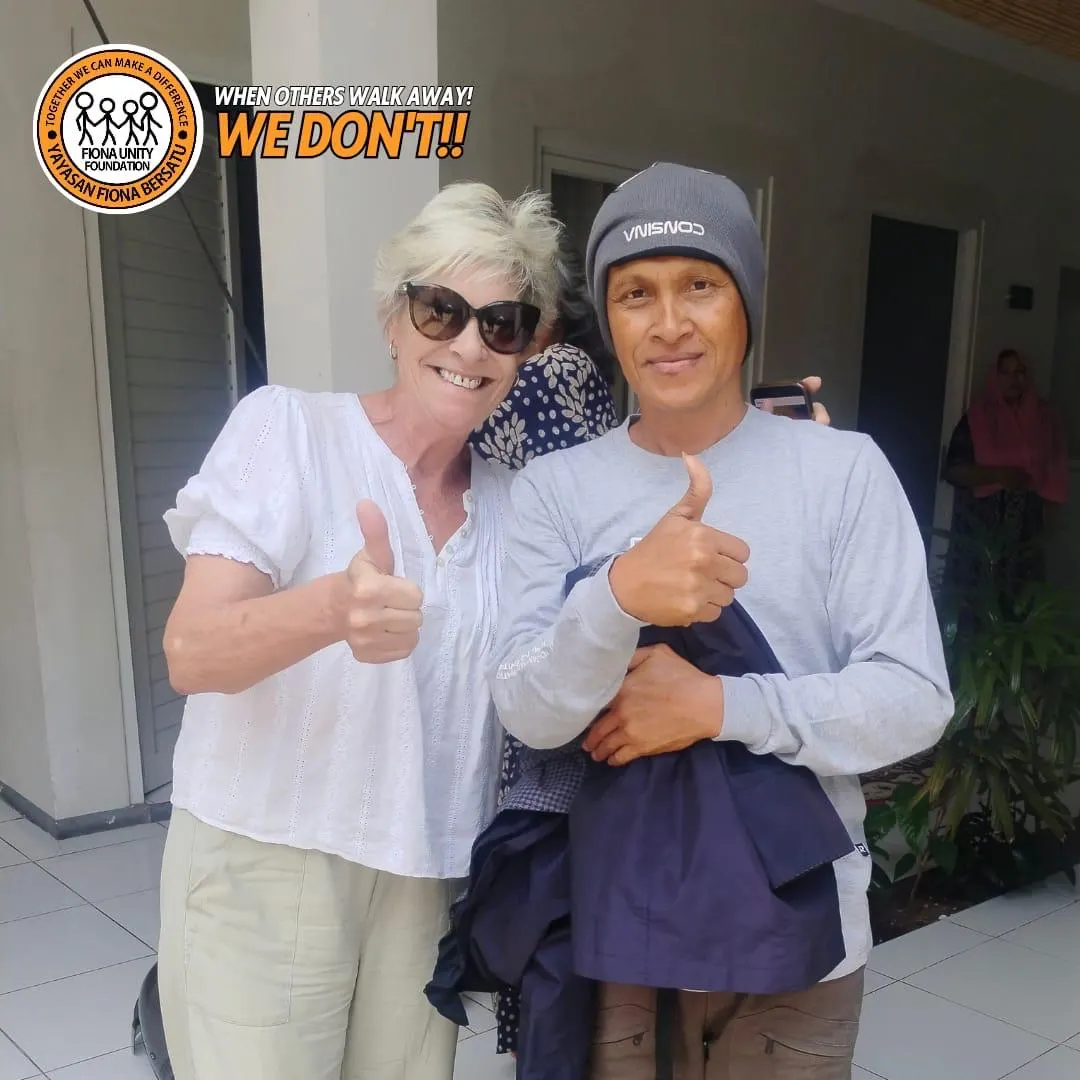
Pak Zulkifli’s Road: From Diagnosis to Departure
In the quiet village of Telaga Bertong, nestled in the heart of Tawiwang, life moves at a gentle pace. Neighbors greet each other by name, and the aroma of home-cooked meals drifts through open windows. Here, Pak Zulkifli was known for his warm smile and steady presence—until chest cancer changed everything. His cancer recovery story began not with a warning, but with a sudden diagnosis that sent ripples through his close-knit community.
For Pak Zulkifli, the news was more than a medical report; it was a turning point that pulled him away from the familiar rhythms of rural life. The journey from Telaga Bertong to the House of Hope was both physical and emotional. The House of Hope, a vital cancer support service in Tawiwang, became his second home from July 2025. It offered not just a place to stay during chemotherapy, but a lifeline for rural patients facing the uncertainty of cancer treatment far from home.
Pak Zulkifli’s days at the House of Hope were marked by small but meaningful moments. He remembers his first meal there—a simple bowl of rice and soup, shared with other patients who understood his fears. Each chemotherapy session was a test of endurance, but also a chance to connect with others on similar journeys. The staff, trained in cancer patient recovery resources, offered more than medical care; they provided comfort, encouragement, and a sense of belonging.
Throughout his treatment, Pak Zulkifli’s family and neighbors played a crucial role. They sent messages, visited when possible, and kept the traditions of Telaga Bertong alive through stories and prayers. Even from a distance, their support was a steady flame. “Every step towards recovery felt like a homecoming parade in slow motion,” Pak Zulkifli shared, capturing the mix of hope and longing that defined his days away from home.
As the months passed, the House of Hope became a place of healing. The gentle routines—morning walks in the garden, shared laughter over evening tea, and the quiet rituals of care—helped Pak Zulkifli regain his strength. The support system around him, both at the House of Hope and back in Telaga Bertong, proved essential. It was a reminder that cancer recovery is not just about medicine, but about the bonds that hold us together.
Now, as Pak Zulkifli prepares to return home, the journey comes full circle. He looks forward to resuming the simple joys of village life, surrounded by family and friends who never stopped believing in his recovery. His story stands as a testament to the power of community, the importance of cancer support services in Tawiwang, and the quiet courage found in every step towards healing.
Behind the Curtain: Chemotherapy and Innovations in Indonesia
When Pak Zulkifli first arrived at the House of Hope in July 2025, he carried more than just a diagnosis of chest cancer—he brought the spirit of Telaga Bertong village with him. Chemotherapy, the mainstay of cancer treatment in Indonesia, is often shrouded in mystery for those who haven’t experienced it. In 2025, the process has become more advanced, but it still demands courage, patience, and a touch of creativity to get through the rough days.
Chemotherapy’s Rough Edges: The Realities of Treatment
For Pak Zulkifli, chemotherapy was a journey through both physical and emotional terrain. The side effects—fatigue, nausea, hair loss—were constant companions. He once joked,
“The side effects were rougher than a night without nasi lemak, but the hope was stronger.”
Some days passed in a surreal haze, where the world outside the hospital felt distant. Yet, Pak Zulkifli found solace in a simple pleasure: tuning in to his favorite village radio shows. The familiar voices and songs from home became his anchor, helping him weather the toughest moments.
What’s Changing: Chemotherapy Advancements 2025
Indonesia’s cancer treatment landscape is rapidly evolving. In 2025, personalized oncology plans are becoming the norm. Doctors tailor chemotherapy regimens based on each patient’s genetic profile and cancer type, aiming to maximize effectiveness and minimize side effects. This shift means that patients like Pak Zulkifli receive care that’s as unique as their own story.
One of the most exciting breakthroughs is the oral cancer vaccine, which has shown a remarkable 97% improvement in tumor control during clinical trials. This innovation is part of Indonesia’s ambitious goal to develop 10 new cancer treatments by 2030. Oral vaccines and cancer immunotherapy innovations are offering new hope, especially for those who struggle with traditional chemotherapy’s harsh side effects.
The Reality: Gaps and Bright Spots in Cancer Treatment Indonesia
Despite these advancements, challenges remain. Many patients still face hurdles with insurance coverage and treatment delays. The cost of newer therapies can be daunting, and not everyone has access to the latest options. However, the bright spots are undeniable. More hospitals are offering advanced cancer treatment options Indonesia wide, and support networks like the House of Hope are making a real difference in patients’ lives.
- Personalized treatment plans are reducing side effects and improving outcomes.
- Immunotherapy and oral vaccines are changing the game for many cancer types.
- Support systems—from hospital staff to village radio—remain essential for recovery.
Pak Zulkifli’s journey is a testament to both the progress and the perseverance found behind the curtain of cancer care in Indonesia. As the nation pushes forward with new treatments and innovations, hope continues to grow—one patient, one breakthrough at a time.
Village Hope: Community, Family, and Surviving the Gaps
When Pak Zulkifli first heard the word “cancer,” it felt like a storm had swept through his quiet life in Telaga Bertong, Tawiwang. But as the days passed, something remarkable happened. The village—his family, friends, and neighbors—rallied around him, showing that in rural Indonesia, community support is often as vital as any medication.
Why Rural Support Systems Matter—Sometimes More Than Medication
In places like Telaga Bertong, access to advanced cancer support services Tawiwang can be limited. Yet, what the village sometimes lacks in resources, it makes up for in heart. Pak Zulkifli’s journey through chemotherapy at the House of Hope was not a solitary one. Each week, someone would bring him a homemade soup, a cherished family recipe meant to comfort and heal. Others sent cassette tapes filled with favorite songs and prayers, so he never felt alone during long hospital nights.
Stories of Cassette Tapes, Soup Recipes, and Neighborly Errands
Pak Zulkifli’s wife recalls how neighbors took turns running errands, fetching groceries, and even tending to their small rice field. “It was as if the whole kampung became our extended family,” she said. These acts of kindness, though simple, filled the gaps left by limited healthcare infrastructure. As Pak Zulkifli himself shared:
“I never realized how strong our village was until I was the one needing help.”
Grassroots Health Initiatives: From Mobile Apps to Rice Harvest Rallies
While tradition plays a big role, new cancer community health initiatives are also making a difference. In Tawiwang, a cancer mobile screening app recently launched, allowing villagers to schedule check-ups and receive reminders for follow-ups. Local volunteers, trained by regional health groups, now organize awareness talks at the community hall. Even the annual rice harvest party turned into a cancer awareness rally this year, with banners, pamphlets, and free screening sign-ups.
- Genetic counselling for ovarian cancer is now available to 58% of Indonesians, up from just 2% a few years ago.
- Community awareness campaigns are a key pillar of the National Cancer Congress Indonesia 2025.
The Unpredictable Lengths a Community Will Go
Pak Zulkifli’s story is a testament to the unpredictable lengths a rural community will go to help “one of their own.” From organizing prayer circles to pooling funds for travel expenses, the people of Telaga Bertong showed that cancer patient advocacy Indonesia is not just about policy—it’s about people. Grassroots advocacy is driving real change, ensuring that no one faces cancer alone, no matter how remote their village might be.
The Science Moves: Indonesia’s Cancer Research & a Glimpse Ahead
Pak Zulkifli’s journey from Telaga Bertong to recovery is more than a personal victory—it’s a window into Indonesia’s cancer research revolution. Today, the country stands at the forefront of innovation, blending local wisdom with global science to change lives, one patient at a time. But what’s really happening behind the scenes, and how does it matter for people like Pak Zulkifli?
What’s a ‘Multiomics,’ Anyway?
At the heart of Indonesia’s cancer research is a new buzzword: multiomics. In plain English, this means scientists are now looking at cancer from every angle—genes, proteins, and even the tiny molecules inside our cells. By layering all this information, doctors can understand each person’s cancer in a way that was impossible just a few years ago. This is the engine behind cancer genomics precision oncology, where treatments are tailored to the unique makeup of each patient’s tumor.
Symposia, Digital Tools, and the Lab Revolution
Indonesia’s leadership shines bright at events like the International Cancer Research Symposium 2025 (ICRS2025). Here, experts gather to share breakthroughs in epidemiology, genetics, and artificial intelligence. These symposia aren’t just academic—they shape how local hospitals treat real patients. Digital pathology, for example, lets doctors scan and share tissue samples online, speeding up diagnosis and connecting rural clinics to city specialists.
- AACR on Campus Indonesia is training doctors in immunotherapy and early detection.
- Digital tools are making clinical trials more accessible, even for folks in remote villages.
Spotlight on Clinical Trials: Hope for Tomorrow
For patients like Pak Zulkifli, cancer clinical trials Indonesia offer a lifeline. These studies test new medicines and approaches, giving patients access to cutting-edge care. Thanks to the National Strategic Plan for Cancer Control Program 2021-2025, Indonesia is making trials easier to join and safer for everyone. The country is also a pioneer in genetic counseling, with ovarian cancer screening jumping from just 2% to 58% coverage in under five years—a first in Asia.
Local Thinkers, Global Innovators
It’s not just about fancy machines. Indonesia’s progress comes from partnerships—between scientists, doctors, and the communities they serve. As Dr. Kiran Singh says:
‘The partnership between scientists and communities will decide who survives—and how.’
Local researchers know the unique challenges faced by families like Pak Zulkifli’s. By working together with international experts, they’re building a future where hope is backed by science, and every patient has a fighting chance.
Homecomings and Small Victories: Life After Cancer
For Pak Zulkifli, stepping out of the House of Hope and returning to Telaga Bertong was more than just a journey home—it was the start of a new chapter. After months of battling chest cancer and enduring chemotherapy, the familiar sights and sounds of his village felt both comforting and strangely new. The road back was not just about physical recovery, but about rediscovering what ‘normal’ means after everything has changed. In the world of Cancer recovery stories 2025, Pak Zulkifli’s homecoming shines as a beacon of hope for others facing similar battles.
The first day back was filled with small but powerful moments. The rough texture of the wooden door under his hand, the laughter of his grandchildren echoing through the house, and the aroma of home-cooked rice—each sensation was a reminder that life, though altered, goes on. There was a peculiar taste of hope in the air, mingled with the uncertainty of what comes next. As Nurse Salmah, who cared for him at the House of Hope, once said,
“Home isn’t just a place to heal. It’s proof you made it.”
But what does ‘normal’ look like after cancer? For many survivors like Pak Zulkifli, it means learning to live with new limitations, ongoing check-ups, and the emotional weight of what they’ve endured. The invisible struggles—fatigue, anxiety, and the fear of recurrence—are real, but so are the everyday wins. Getting out of bed without pain, sharing a meal with family, or simply feeling the sun on your face can be victories worth celebrating.
In Indonesia, especially in rural areas like Telaga Bertong, Cancer patient recovery resources are growing but still need to be better publicized and expanded. Organizations such as the National Cancer Society Indonesia and the House of Hope offer support groups, counseling, and information for survivors. Yet, many patients and families remain unaware of these resources, highlighting the need for greater outreach and education. The National Cancer Congress has emphasized the importance of patient-centric care, but the journey doesn’t end when treatment does. Ongoing support is crucial for survivors charting a new path beyond cancer.
Stories like Pak Zulkifli’s are vital. They demystify cancer, foster hope, and connect survivors across Indonesia. In rural communities, where stigma and isolation can be barriers, sharing Cancer recovery story narratives helps others see that recovery is possible—and that no one is truly alone.
As Pak Zulkifli settles back into his village, his journey reminds us that the House of Hope is more than just a building. It is an idea—a promise that support, compassion, and the chance for a healthy future should be within everyone’s reach. In the end, every homecoming and small victory is a step toward a brighter tomorrow for all cancer survivors.
Remember! For just $200 you can make a life time change to some one in need! If you would like to support the "Fiona Unity Foundation", please contact Fiona +62 813 8361 8535.
.#CancerRecovery, #IndonesiaCancerCare, #HopeStories, #OncologyInnovations, #CancerSupport, #BeatCancer, #SurvivorStories, #HealthcareIndonesia
TL;DR: Pak Zulkifli’s recovery from chest cancer is a testament to medical advances, community support, and human resilience in Malaysia. His journey highlights evolving cancer treatments, local initiatives, and the ongoing need for advocacy and care across the country.

